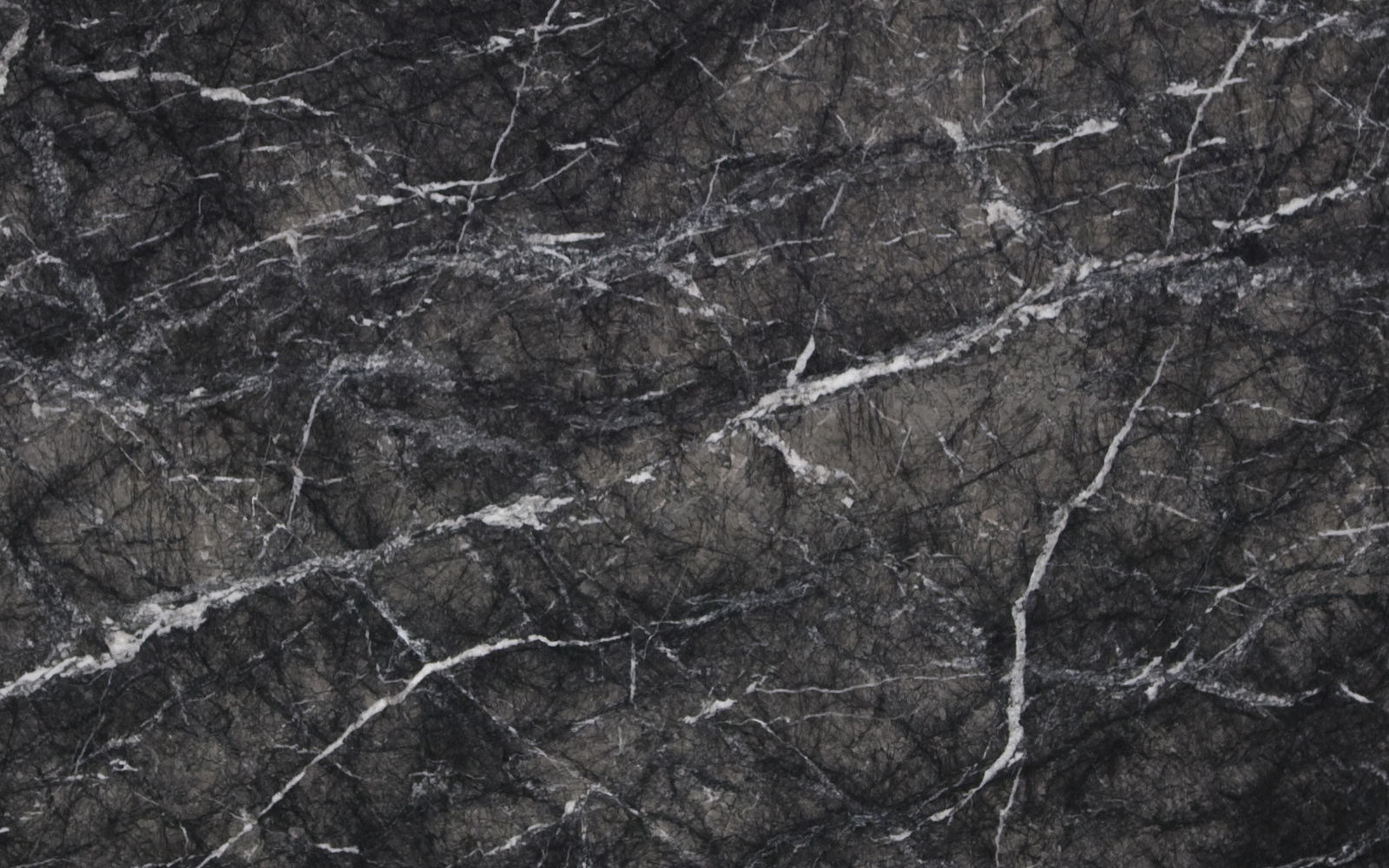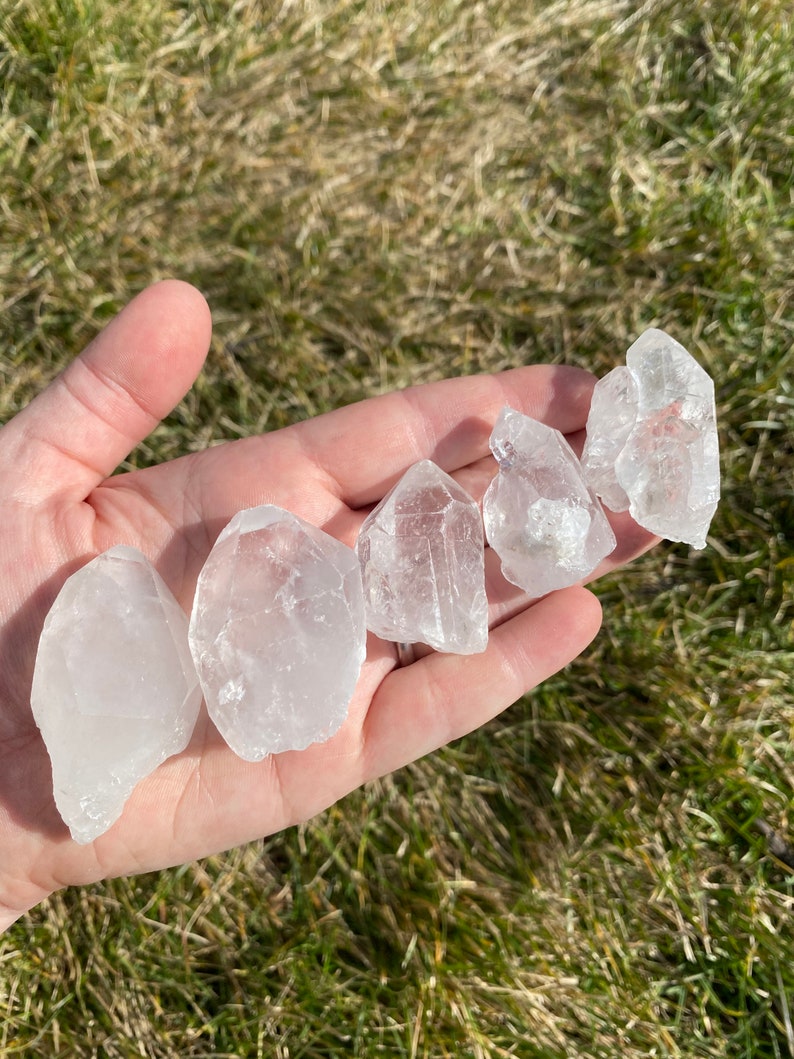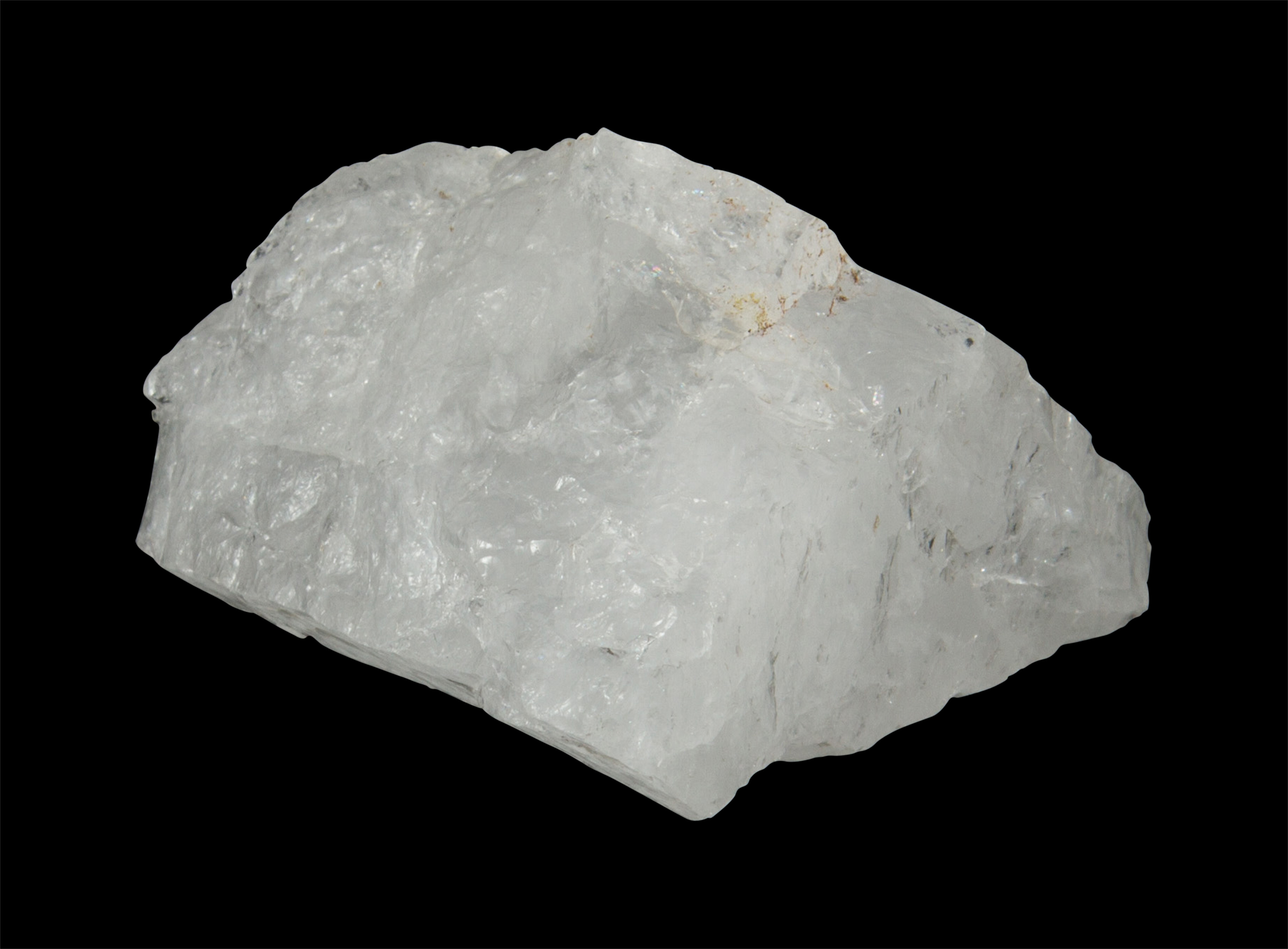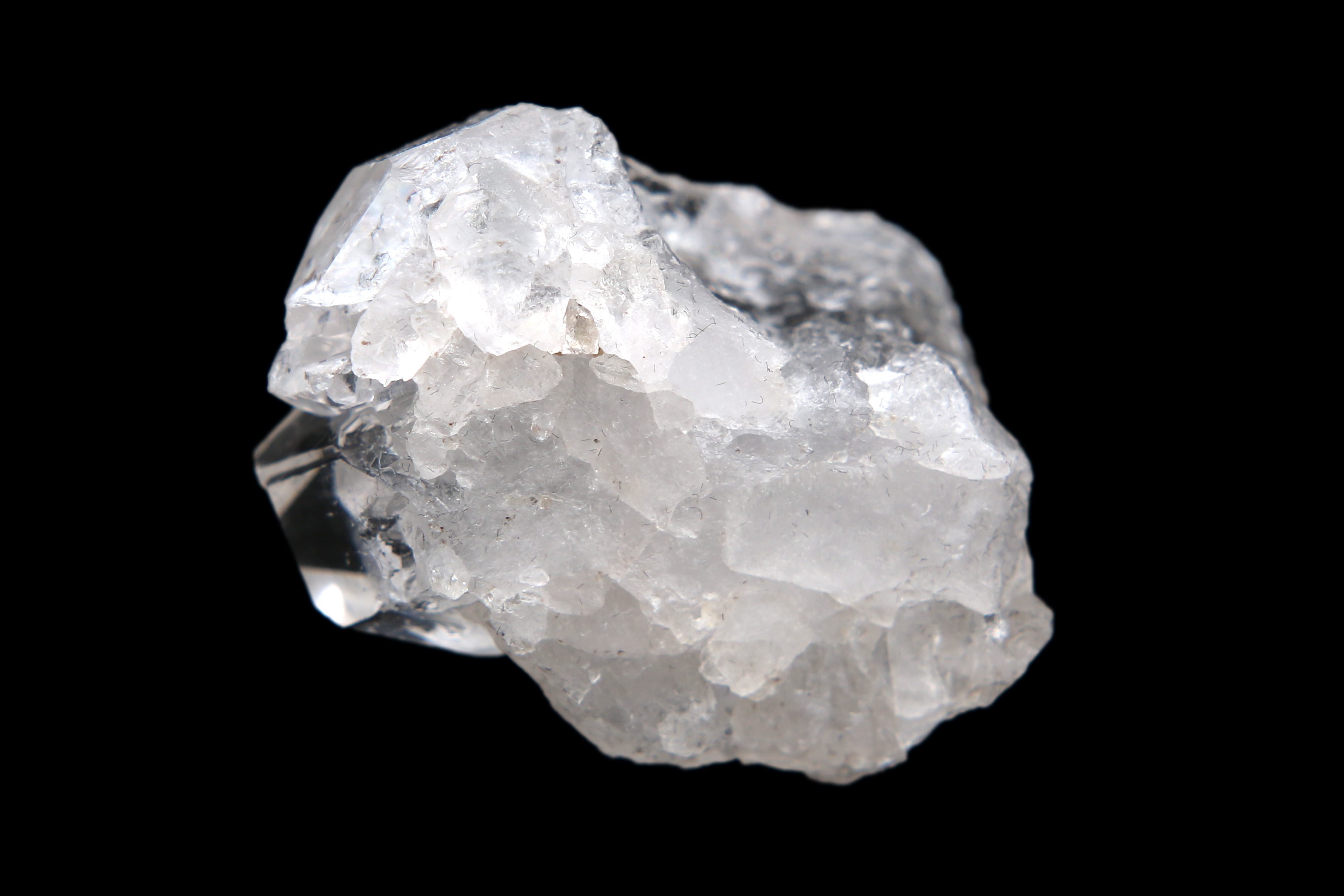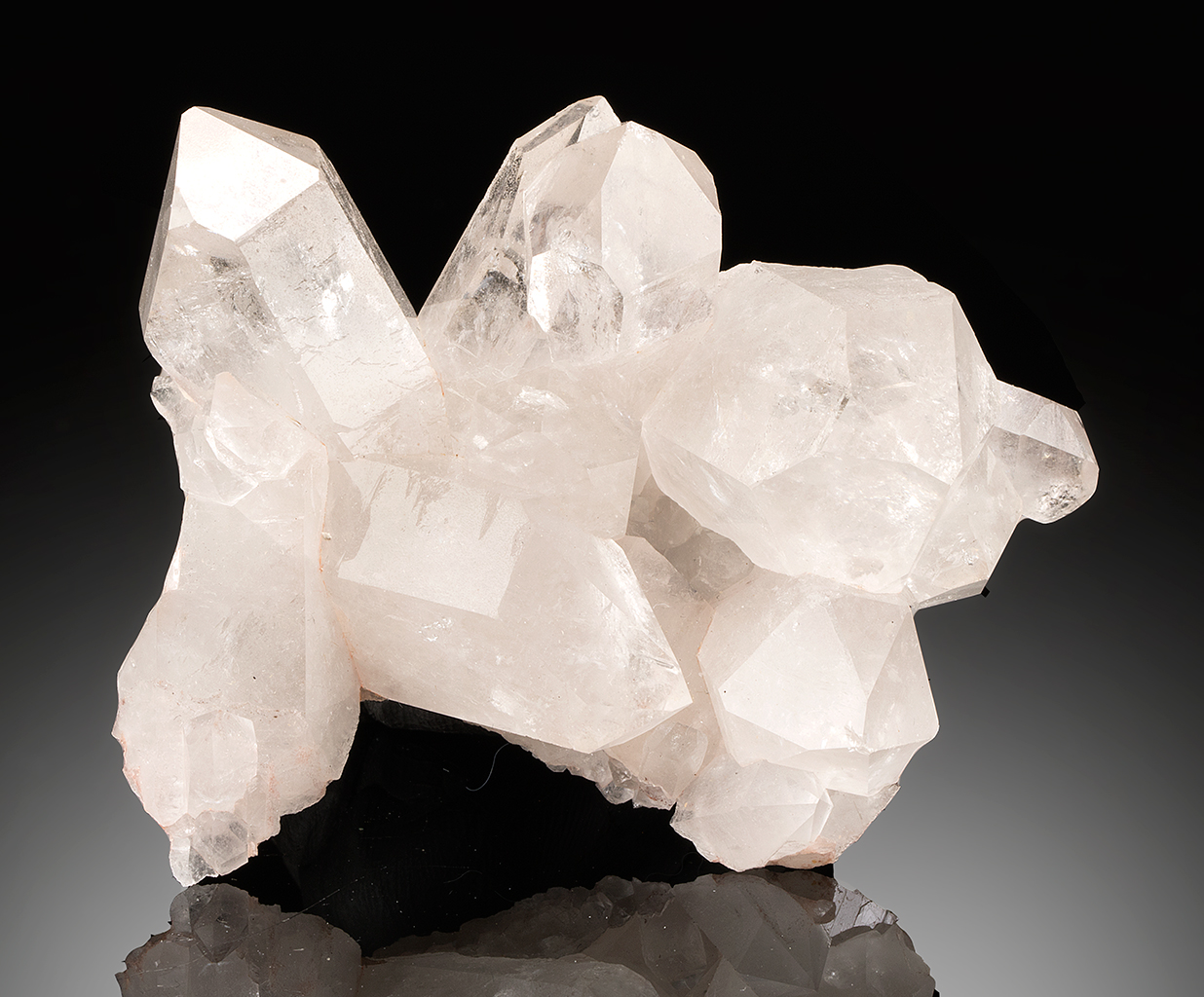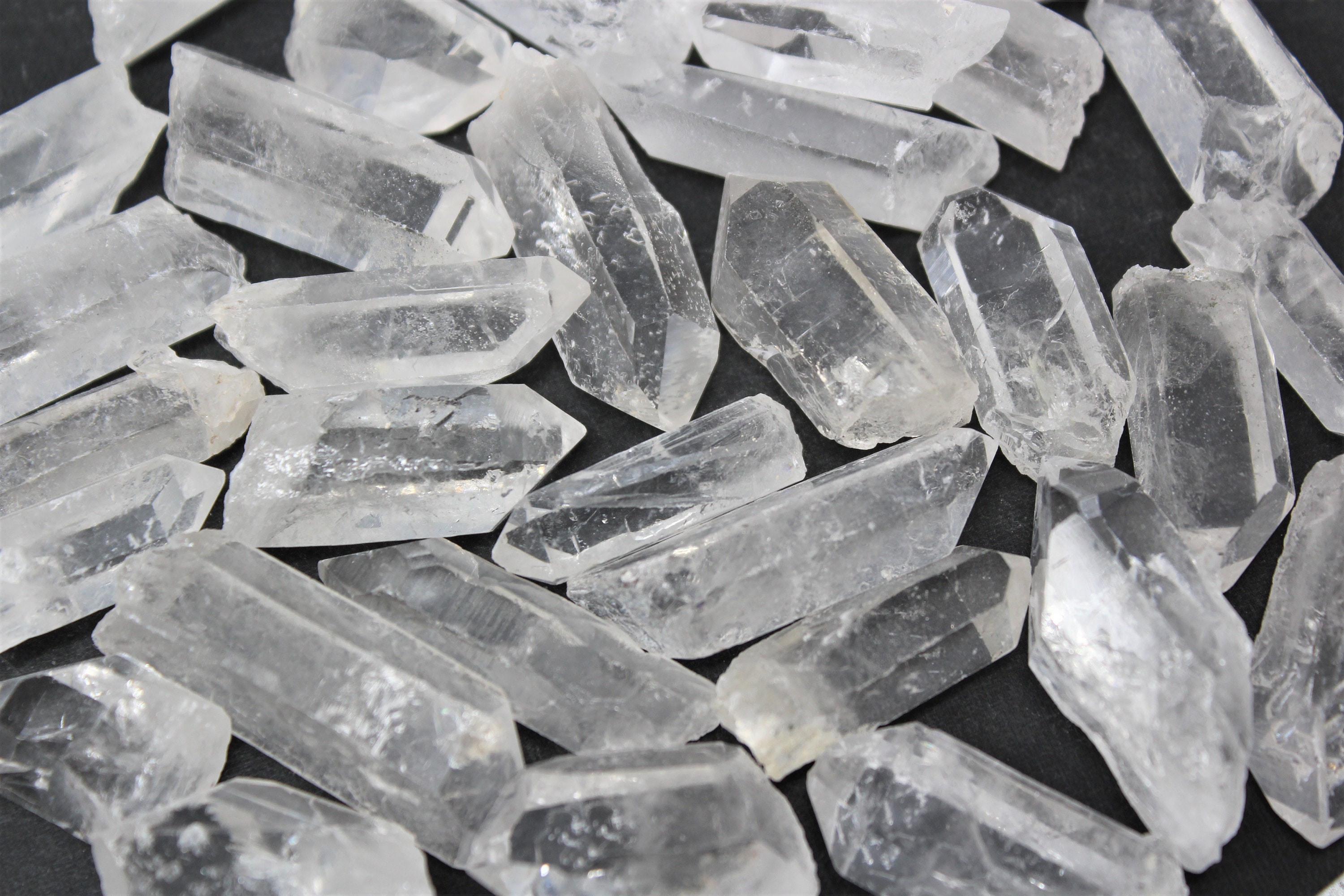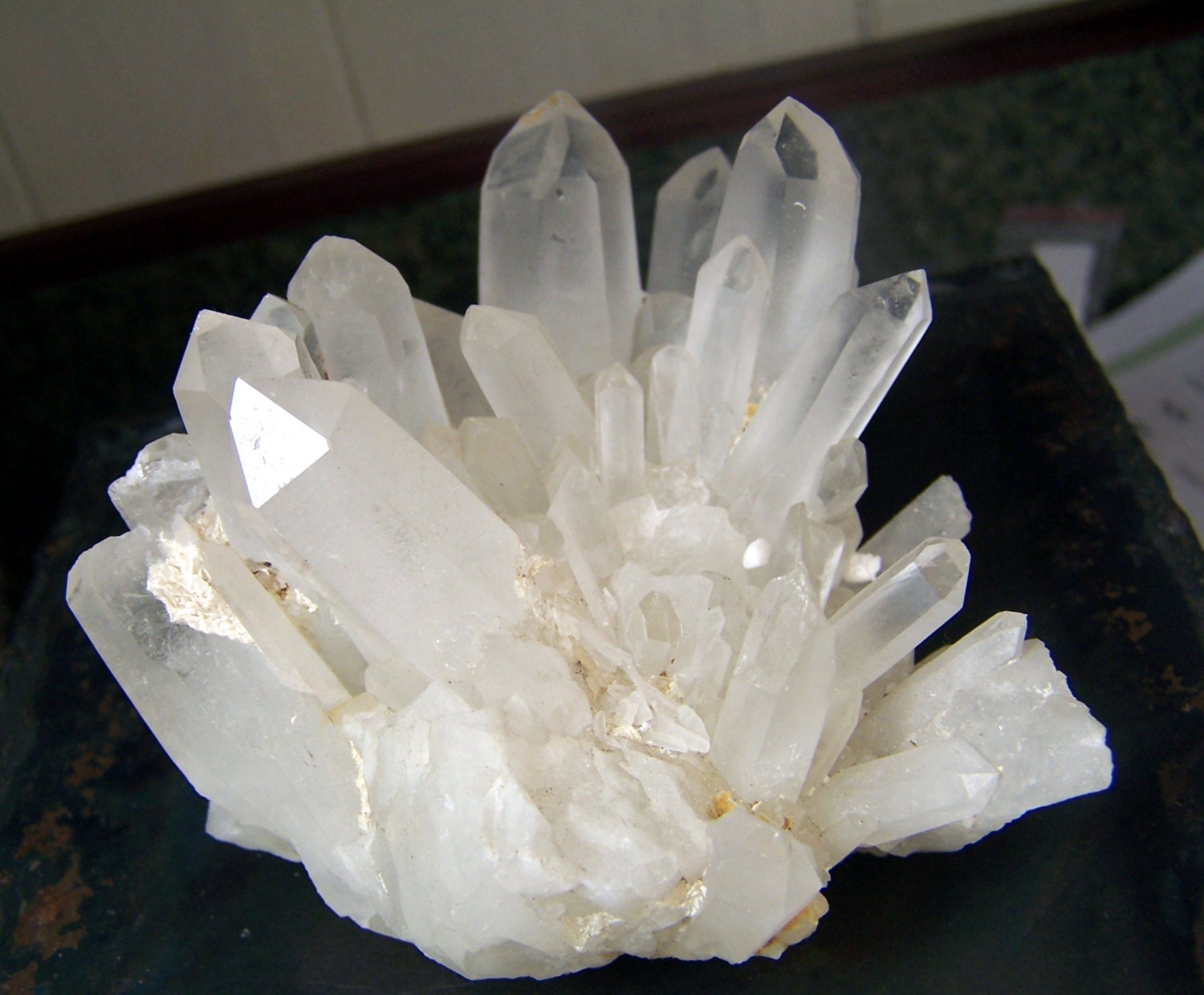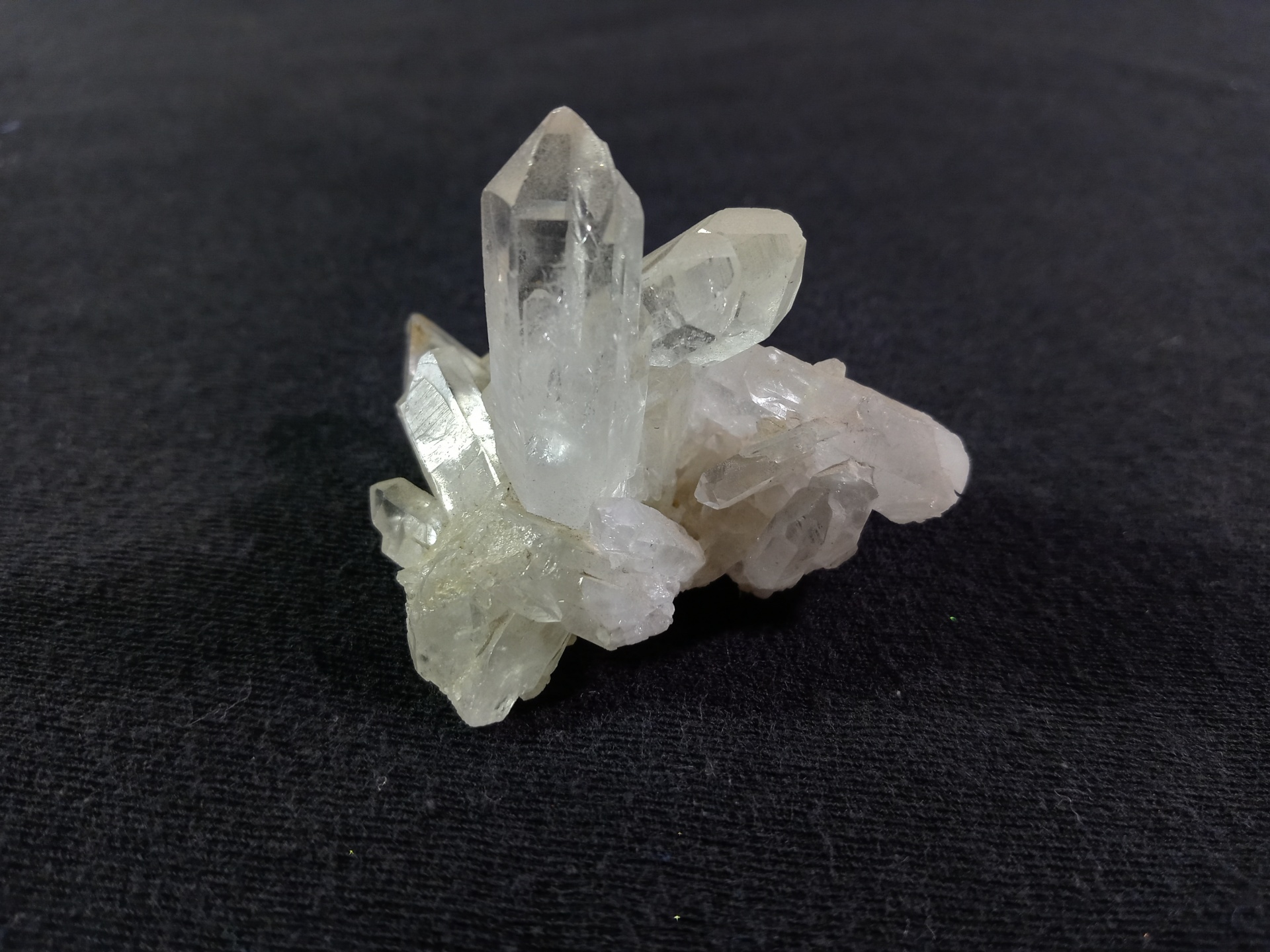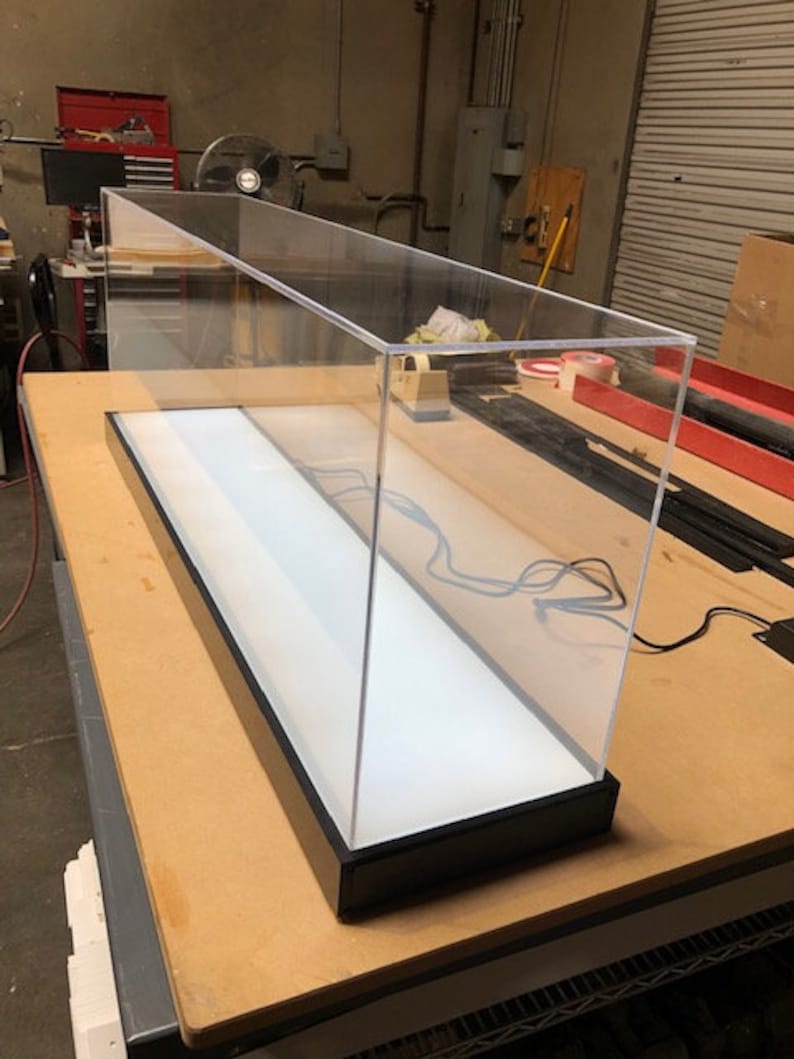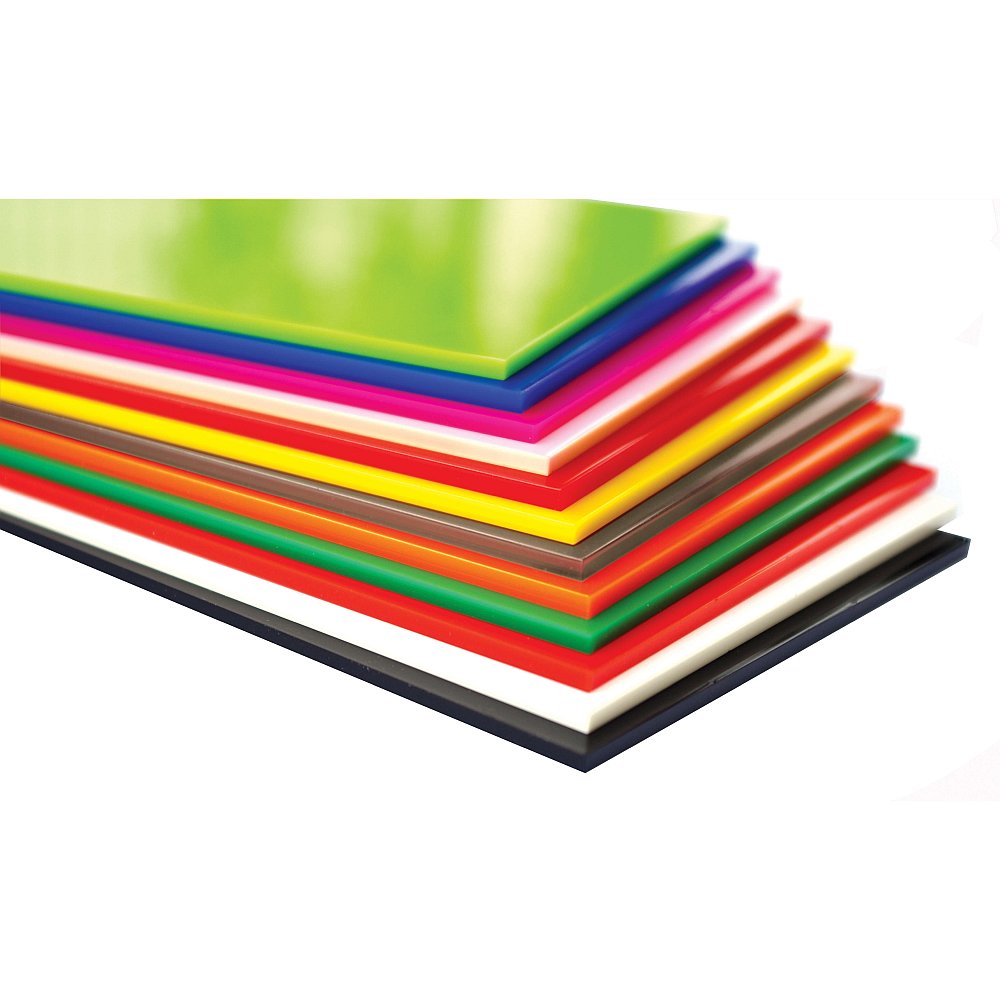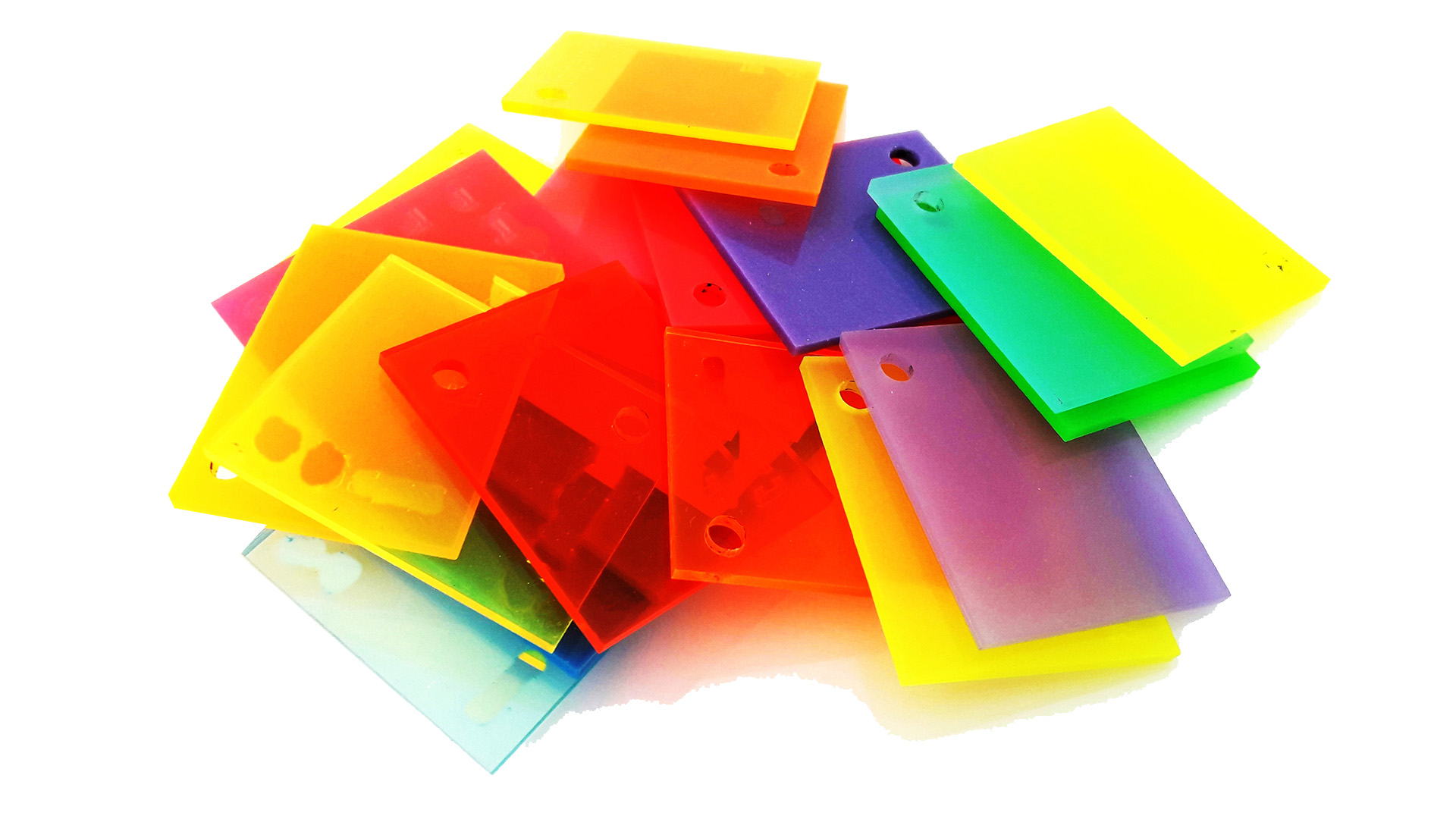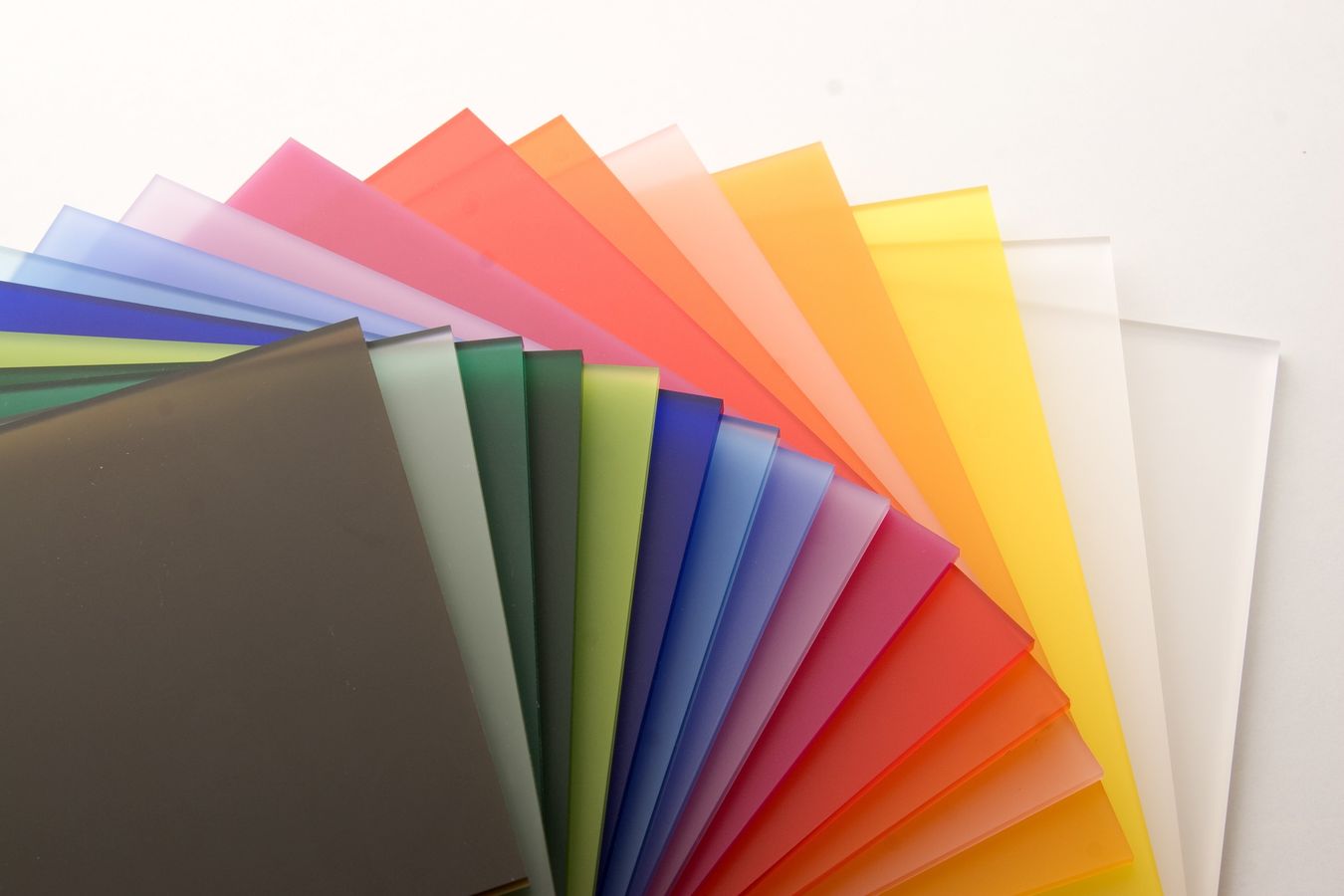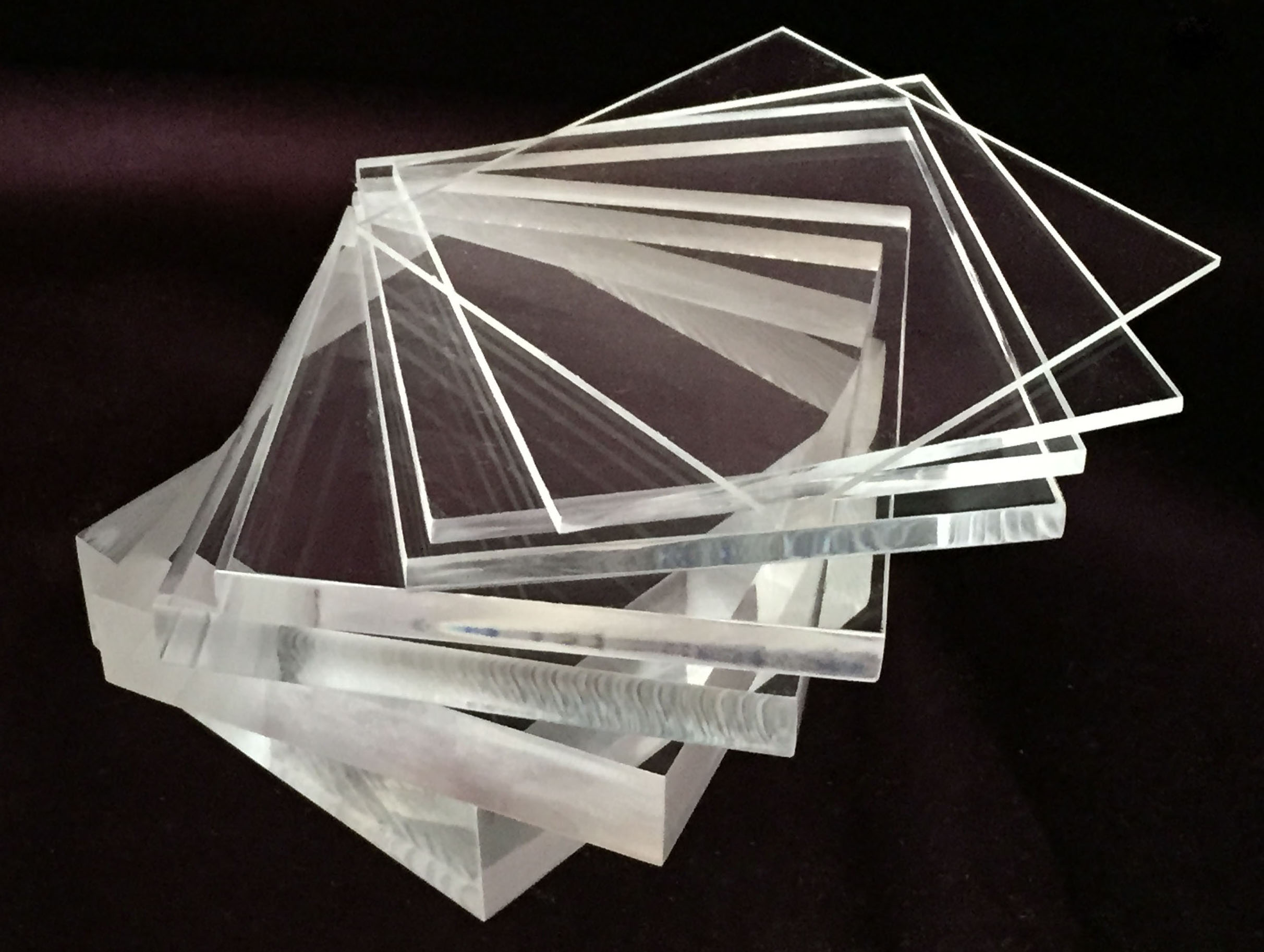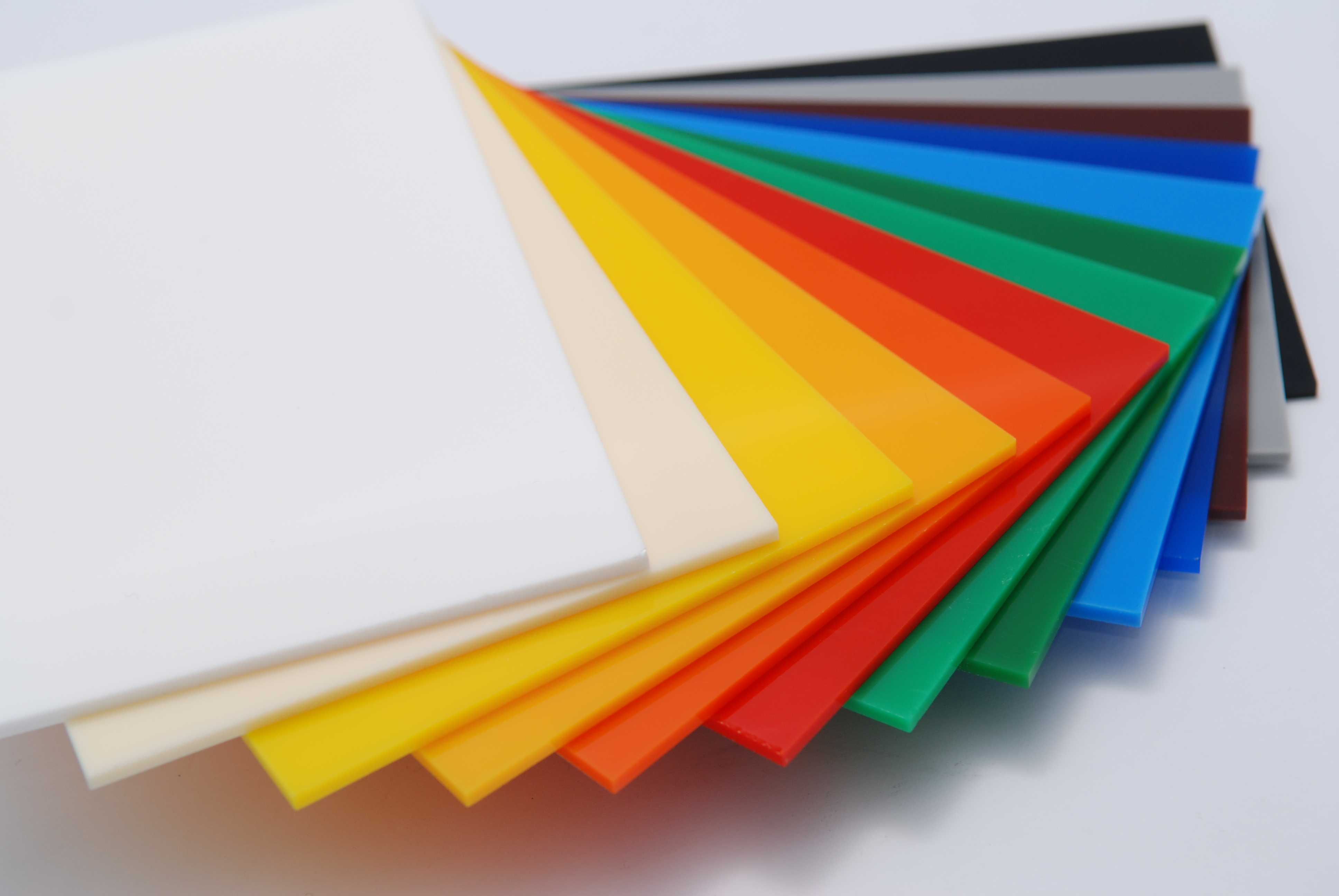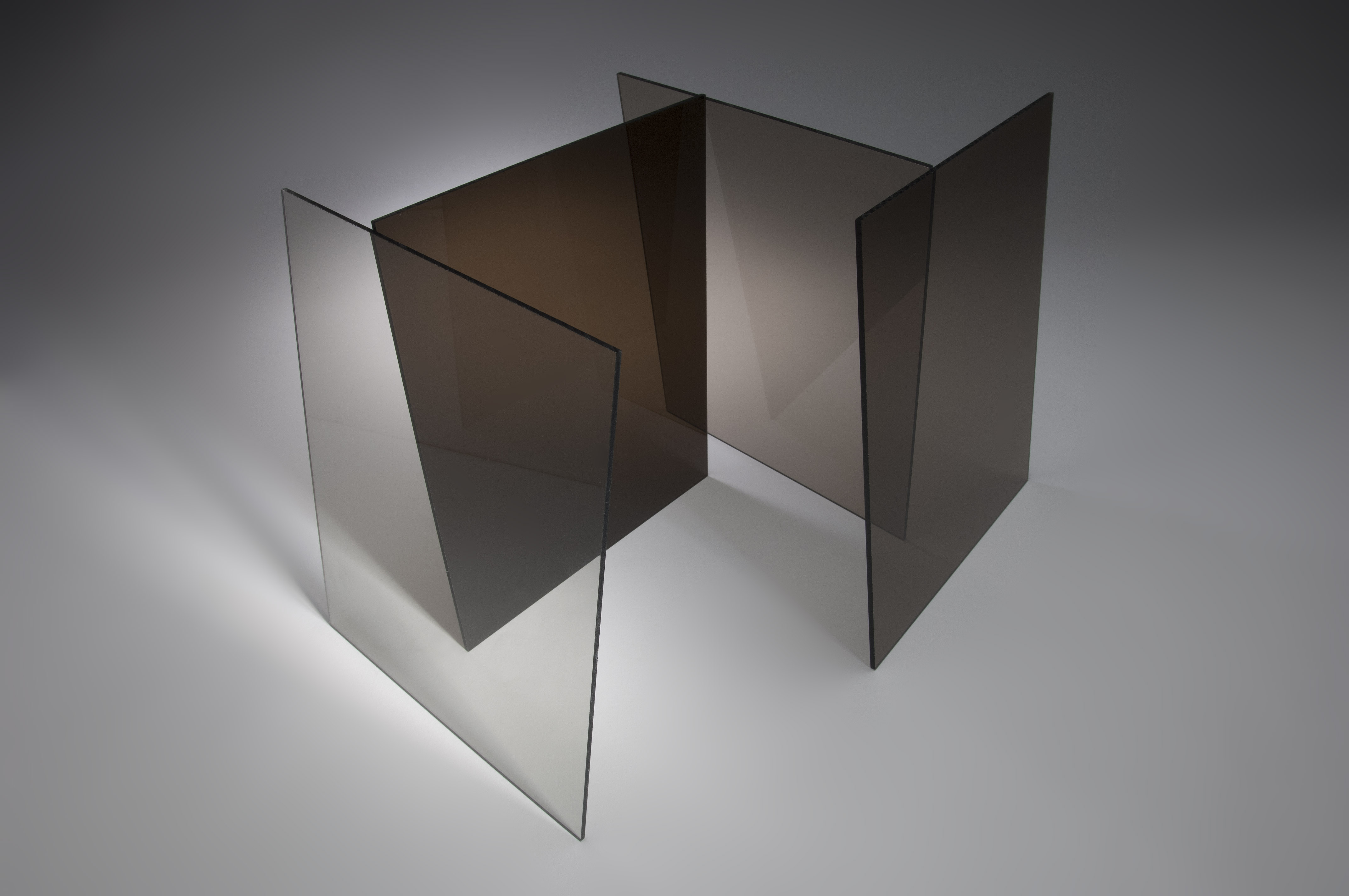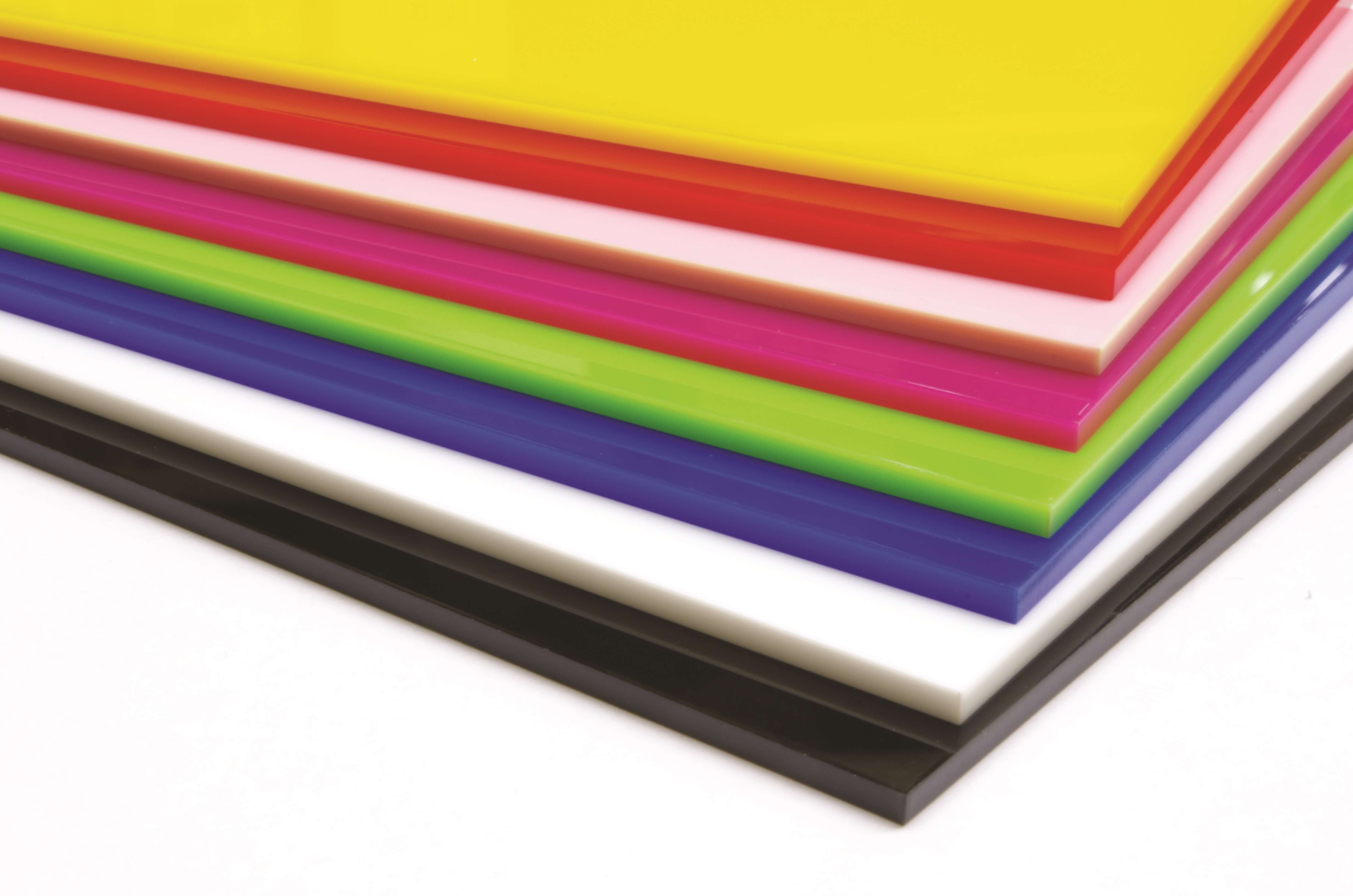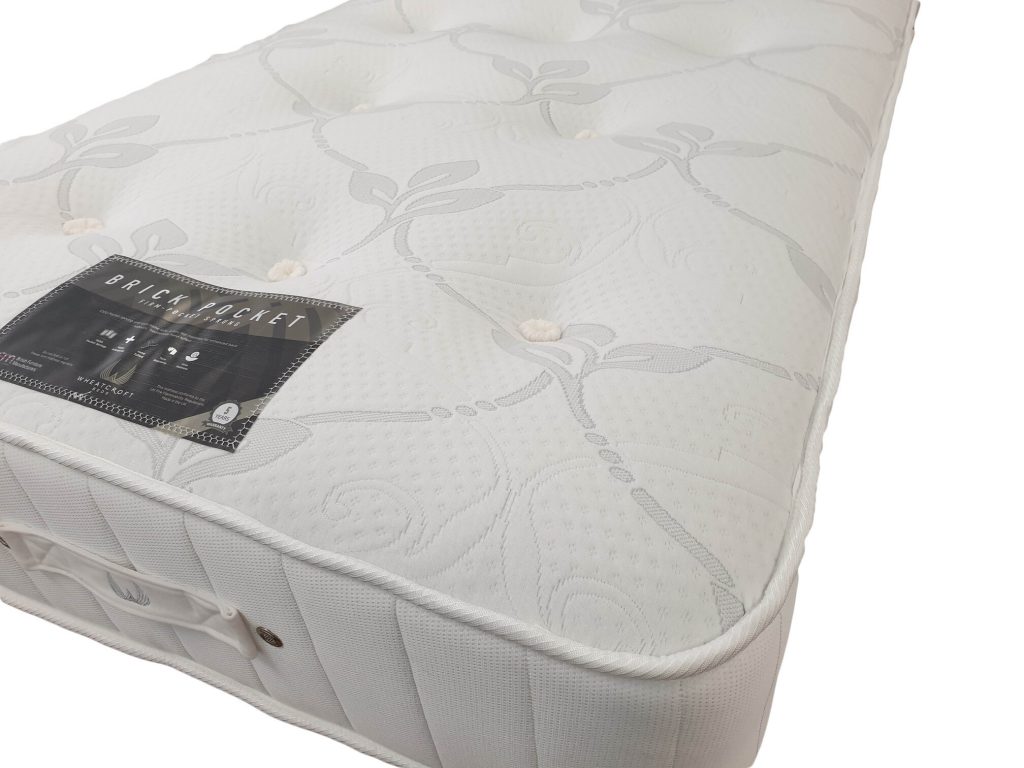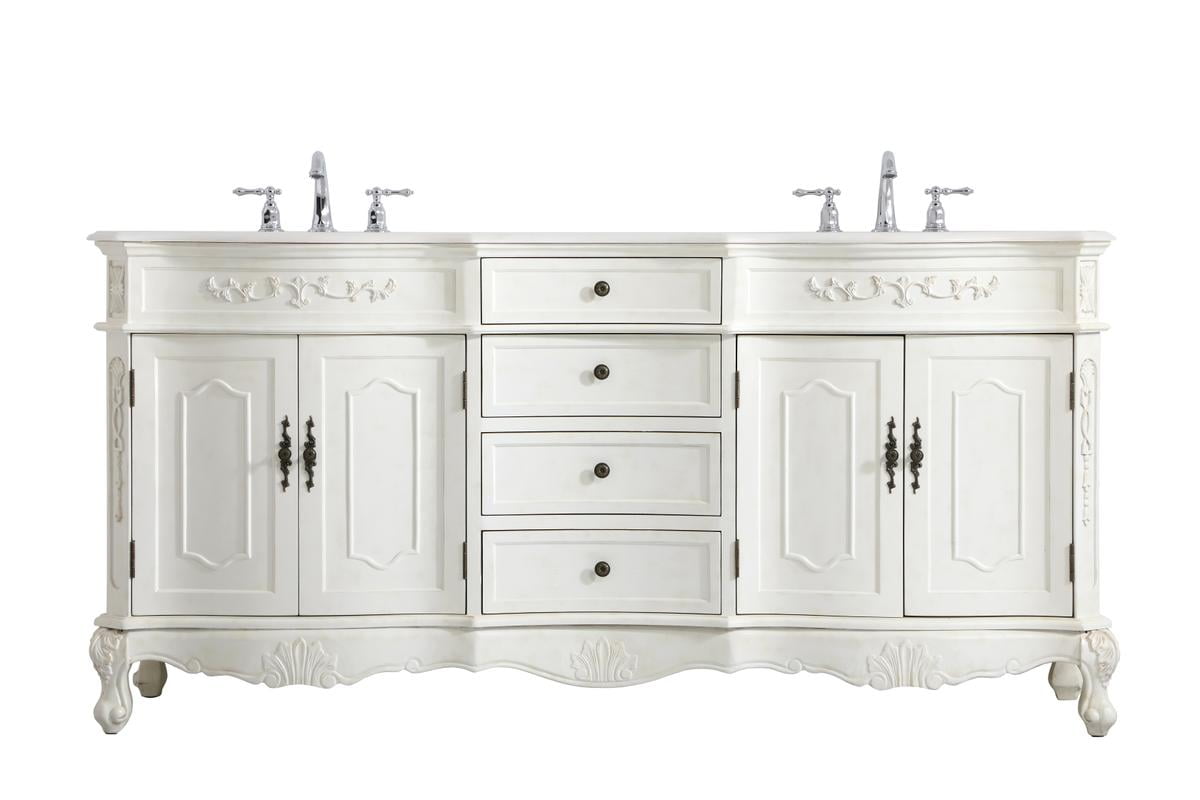Stainless Steel
Stainless steel is one of the most popular and versatile materials used for kitchen sinks. It is made from a combination of steel, chromium, and nickel, which gives it its strength, durability, and resistance to rust and stains. Due to its sleek and modern appearance, stainless steel sinks can fit in with any kitchen style. They are also easy to clean and maintain, making them a practical choice for busy households.
Main differences: Stainless steel sinks are highly durable and scratch-resistant, making them perfect for heavy use. They are also lightweight, making them easy to install and replace if needed. However, they are prone to water spots and scratches, so regular cleaning and maintenance are necessary.
Cast Iron
Cast iron sinks have been around for centuries and are known for their durability and classic, traditional look. They are made from molten iron and then coated with a layer of porcelain enamel, which gives them a smooth and glossy finish. Cast iron sinks are available in a variety of colors and styles, making them a great choice for those looking for a vintage or farmhouse feel in their kitchen.
Main differences: Cast iron sinks are extremely durable and can withstand heavy use and high temperatures. They are also resistant to scratches and stains. However, they are quite heavy and may require extra support during installation. They are also prone to chipping and cracking, so extra care is needed to maintain their appearance.
Fireclay
Fireclay sinks are made from a mixture of clay and glaze, which is then fired at extremely high temperatures. This process creates a strong and durable sink with a smooth and glossy finish. Fireclay sinks are known for their elegant and timeless look and are available in a variety of colors and styles.
Main differences: Fireclay sinks are highly resistant to scratches, stains, and heat, making them a practical choice for busy kitchens. They are also easy to clean and maintain. However, they are quite heavy and may require extra support during installation. They are also more expensive than other sink materials.
Composite
Composite sinks are made from a blend of materials, including granite, quartz, and resin. This combination creates a durable and non-porous sink that is resistant to stains, scratches, and heat. Composite sinks come in a variety of colors and finishes, making them a versatile choice for any kitchen.
Main differences: Composite sinks are highly durable and can withstand heavy use and extreme temperatures. They are also resistant to scratches and stains, making them easy to maintain. However, they can be quite expensive and may require special cleaning products to maintain their appearance.
Porcelain
Porcelain sinks are made from a type of ceramic material that is then coated with a layer of glaze and fired at high temperatures. This process creates a durable and glossy sink that is resistant to scratches, stains, and heat. Porcelain sinks come in a variety of colors and styles, making them a popular choice for traditional and vintage kitchens.
Main differences: Porcelain sinks are highly durable and resistant to scratches, stains, and heat. They are also easy to clean and maintain. However, they can be heavy and may require extra support during installation. They are also prone to chipping and cracking, so extra care is needed to maintain their appearance.
Copper
Copper sinks have a unique and luxurious look that can add a touch of elegance to any kitchen. They are made from solid copper and have a natural patina that develops over time, giving each sink a one-of-a-kind look. Copper sinks are also highly durable and resistant to bacteria and corrosion.
Main differences: Copper sinks are highly durable and resistant to bacteria and corrosion. They are also easy to clean and maintain. However, they can be quite expensive and may require special cleaning products to maintain their appearance. They are also prone to scratches and dents, so extra care is needed to keep them looking their best.
Granite
Granite sinks are made from a combination of granite stone and resin, giving them a natural and durable finish. They are highly resistant to scratches, stains, and heat and come in a variety of colors and patterns. Granite sinks can add a touch of sophistication to any kitchen.
Main differences: Granite sinks are highly durable and resistant to scratches, stains, and heat. They are also easy to clean and maintain. However, they can be quite heavy and may require extra support during installation. They are also more expensive than other sink materials.
Marble
Marble sinks are a luxurious and stylish choice for any kitchen. They are made from natural marble stone and have a smooth and glossy finish. Marble sinks are highly durable and resistant to scratches and stains and can add a touch of elegance to any kitchen.
Main differences: Marble sinks are highly durable and resistant to scratches and stains. They are also easy to clean and maintain. However, they can be quite heavy and may require extra support during installation. They are also prone to chipping and cracking, so extra care is needed to maintain their appearance.
Quartz
Quartz sinks are made from a combination of quartz stone and resin, giving them a strong and non-porous finish. They are highly resistant to scratches, stains, and heat and come in a variety of colors and patterns. Quartz sinks are a popular choice for modern and contemporary kitchens.
Main differences: Quartz sinks are highly durable and resistant to scratches, stains, and heat. They are also easy to clean and maintain. However, they can be quite expensive and may require special cleaning products to maintain their appearance. They are also prone to chipping and cracking, so extra care is needed to keep them looking their best.
Acrylic
Acrylic sinks are made from a combination of acrylic materials and resin, giving them a lightweight and durable finish. They are highly resistant to scratches, stains, and heat and come in a variety of colors and styles. Acrylic sinks are a budget-friendly option for those looking for a modern and practical sink.
Main differences: Acrylic sinks are highly durable and resistant to scratches, stains, and heat. They are also lightweight and easy to install. However, they can be prone to scratches and may require regular maintenance to keep their appearance. They are also not as durable as other sink materials and may need to be replaced more frequently.
Differences in Kitchen Sink Materials: Which One is Right for Your Home?
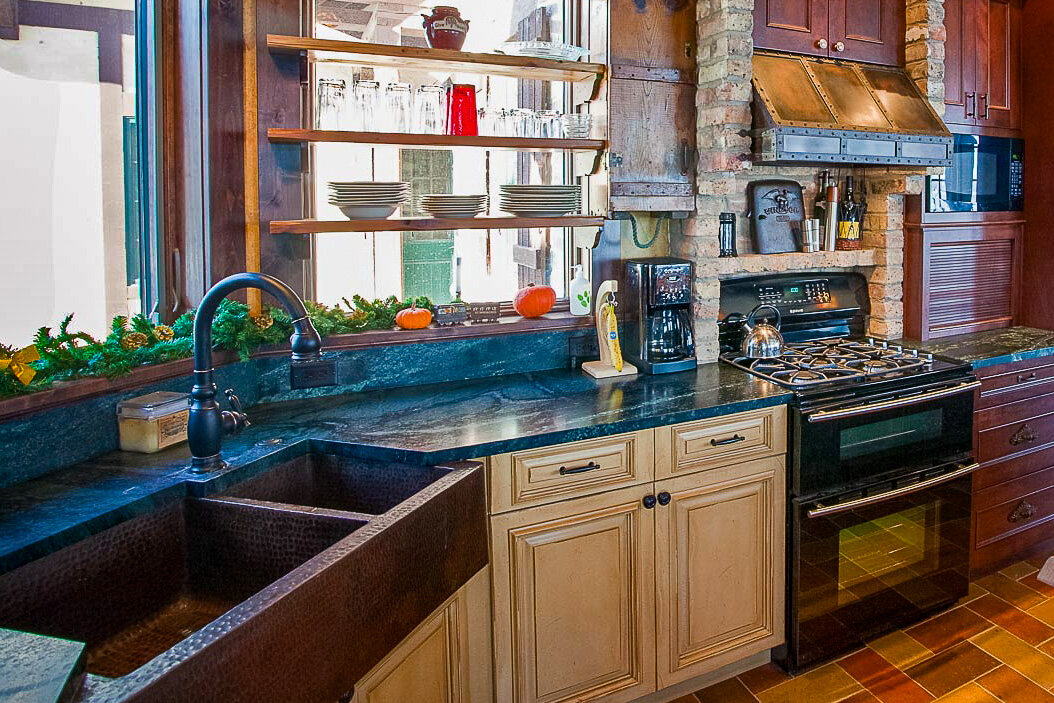
Types of Kitchen Sink Materials
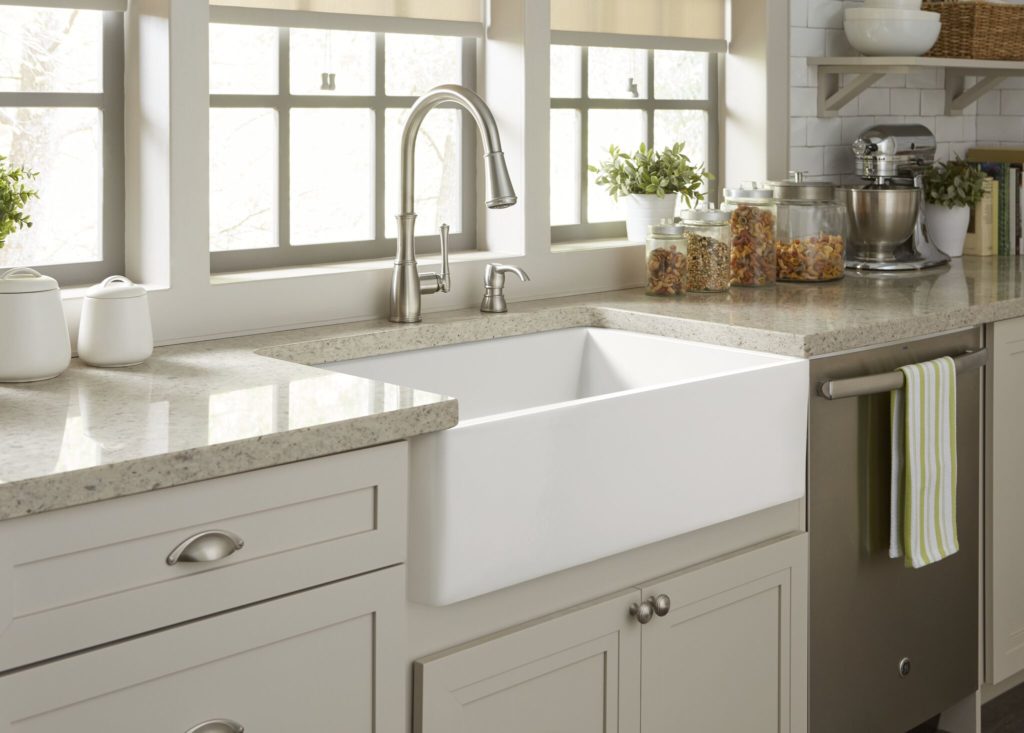 When it comes to choosing a kitchen sink, one important factor to consider is the material it's made of. There are many options available on the market, each with its own unique benefits and drawbacks. In this article, we'll be discussing the differences between some of the most common kitchen sink materials:
stainless steel
,
cast iron
, and
composite granite
.
When it comes to choosing a kitchen sink, one important factor to consider is the material it's made of. There are many options available on the market, each with its own unique benefits and drawbacks. In this article, we'll be discussing the differences between some of the most common kitchen sink materials:
stainless steel
,
cast iron
, and
composite granite
.
Stainless Steel
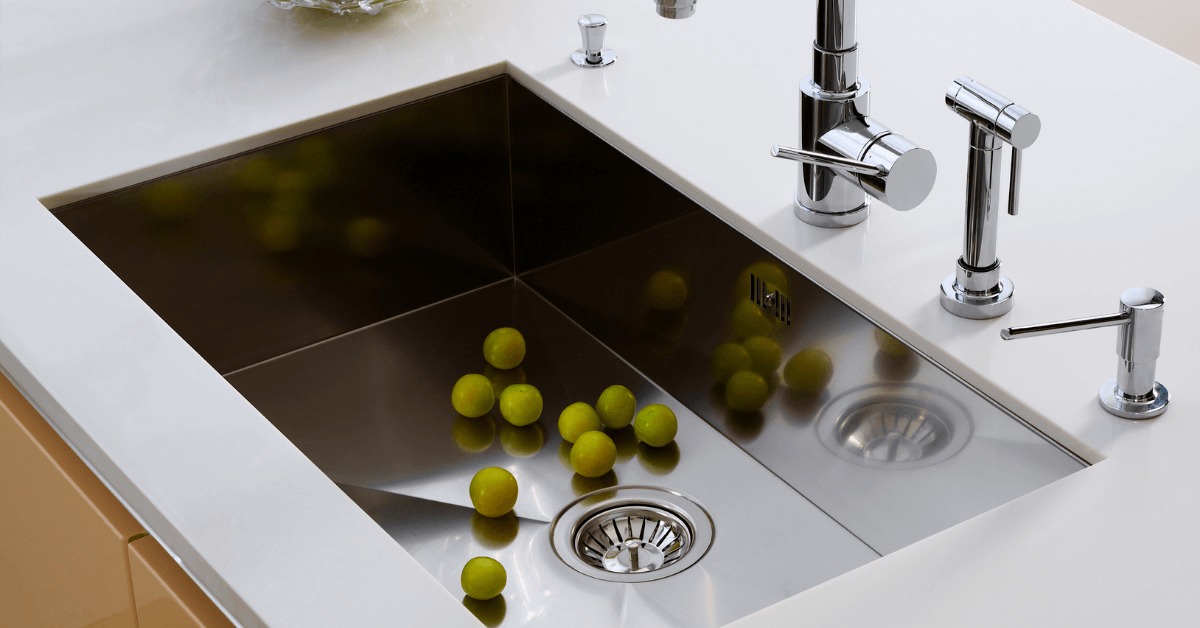 Stainless steel is a popular choice for kitchen sinks due to its durability and affordability. It's a low-maintenance option that is resistant to stains, scratches, and heat.
Stainless steel sinks
are also easy to clean and can give a modern, sleek look to your kitchen. However, they can be loud and prone to water spots, so regular cleaning and drying may be necessary.
Stainless steel is a popular choice for kitchen sinks due to its durability and affordability. It's a low-maintenance option that is resistant to stains, scratches, and heat.
Stainless steel sinks
are also easy to clean and can give a modern, sleek look to your kitchen. However, they can be loud and prone to water spots, so regular cleaning and drying may be necessary.
Cast Iron
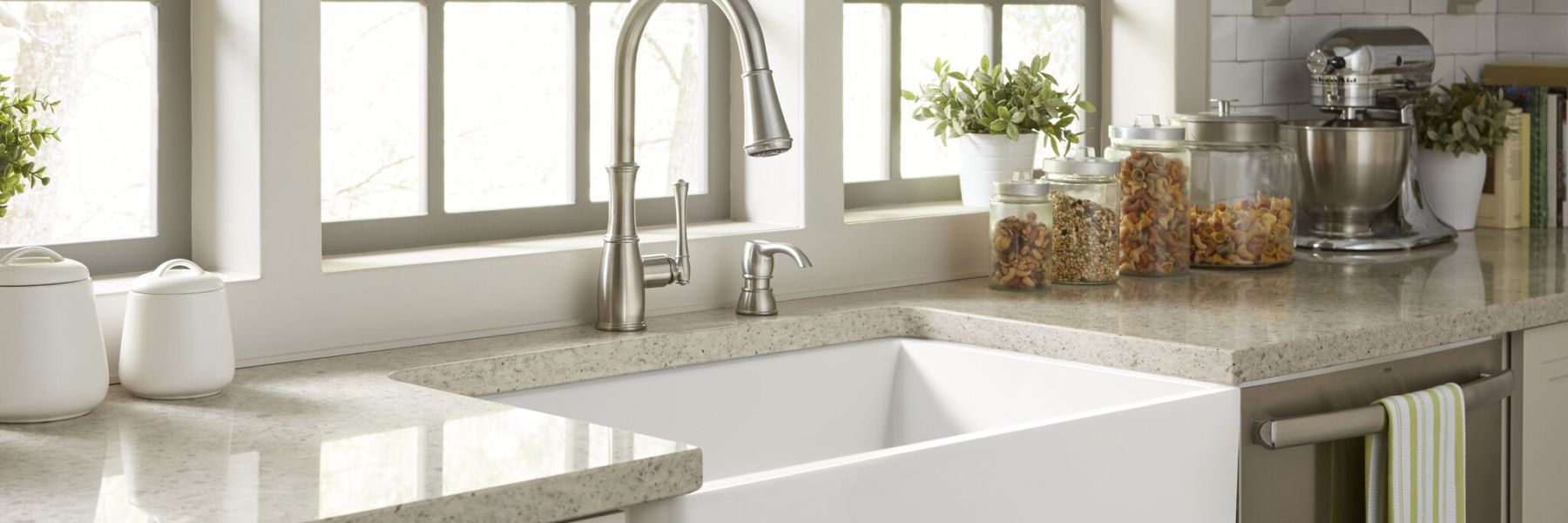 Another common kitchen sink material is
cast iron
. This material is known for its strength and durability, making it a great option for heavy use kitchens. It's also available in a variety of colors, making it a popular choice for those looking to add a pop of color to their kitchen. However, cast iron sinks can be heavy and may require extra support, and they can also chip or scratch if not properly cared for.
Another common kitchen sink material is
cast iron
. This material is known for its strength and durability, making it a great option for heavy use kitchens. It's also available in a variety of colors, making it a popular choice for those looking to add a pop of color to their kitchen. However, cast iron sinks can be heavy and may require extra support, and they can also chip or scratch if not properly cared for.
Composite Granite
 Composite granite sinks are made from a combination of granite stone dust and resin. They offer a more natural look and are available in a variety of colors to match your kitchen decor.
Composite granite sinks
are also resistant to stains, scratches, and heat, making them a durable and long-lasting option. However, they may be more expensive than other materials and can be more difficult to clean due to their porous surface.
Composite granite sinks are made from a combination of granite stone dust and resin. They offer a more natural look and are available in a variety of colors to match your kitchen decor.
Composite granite sinks
are also resistant to stains, scratches, and heat, making them a durable and long-lasting option. However, they may be more expensive than other materials and can be more difficult to clean due to their porous surface.
Which One is Right for You?
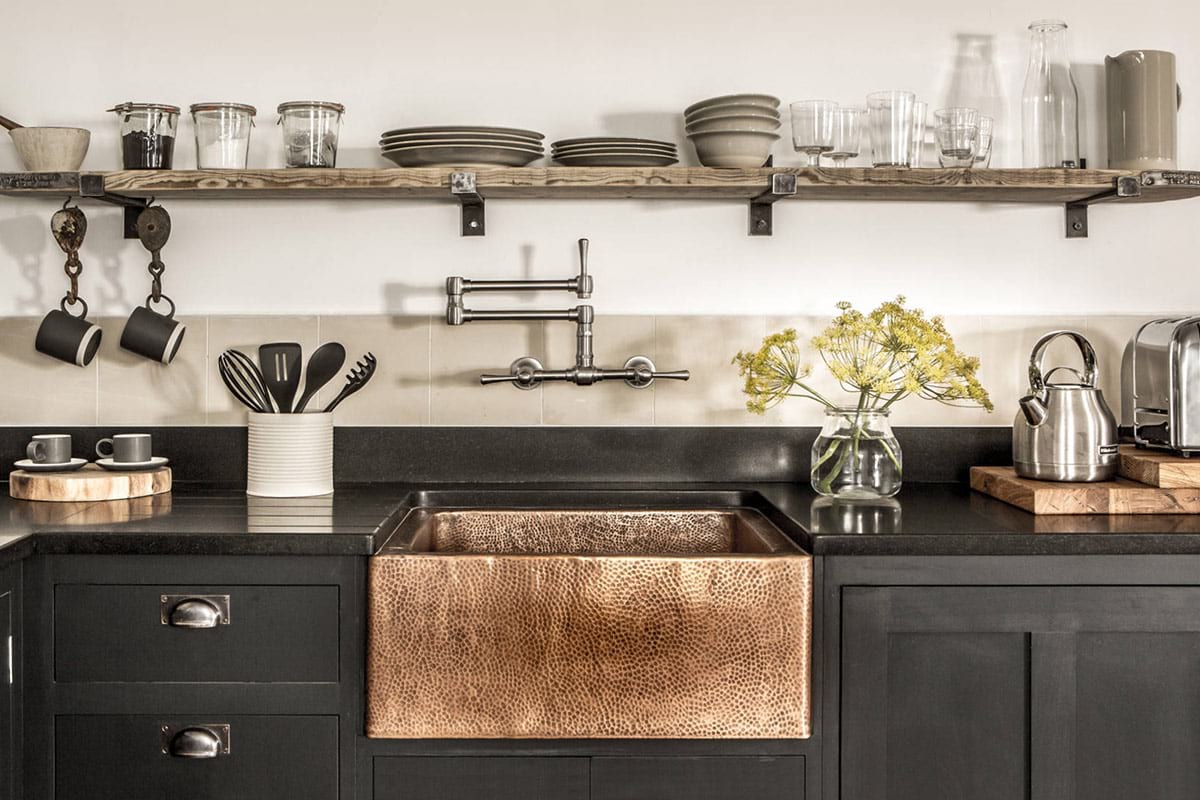 When deciding on a kitchen sink material, it's important to consider your budget, style preferences, and how much maintenance you're willing to do. Stainless steel is a practical and budget-friendly choice, while cast iron and composite granite offer more visual appeal but may come at a higher cost. Ultimately, the right kitchen sink material for your home will depend on your personal needs and preferences.
In conclusion, there are many differences in kitchen sink materials, and each has its own pros and cons. Consider your lifestyle and budget when making your decision, and don't be afraid to consult with a professional if you need guidance. With the right kitchen sink, you can elevate the design and functionality of your home.
When deciding on a kitchen sink material, it's important to consider your budget, style preferences, and how much maintenance you're willing to do. Stainless steel is a practical and budget-friendly choice, while cast iron and composite granite offer more visual appeal but may come at a higher cost. Ultimately, the right kitchen sink material for your home will depend on your personal needs and preferences.
In conclusion, there are many differences in kitchen sink materials, and each has its own pros and cons. Consider your lifestyle and budget when making your decision, and don't be afraid to consult with a professional if you need guidance. With the right kitchen sink, you can elevate the design and functionality of your home.
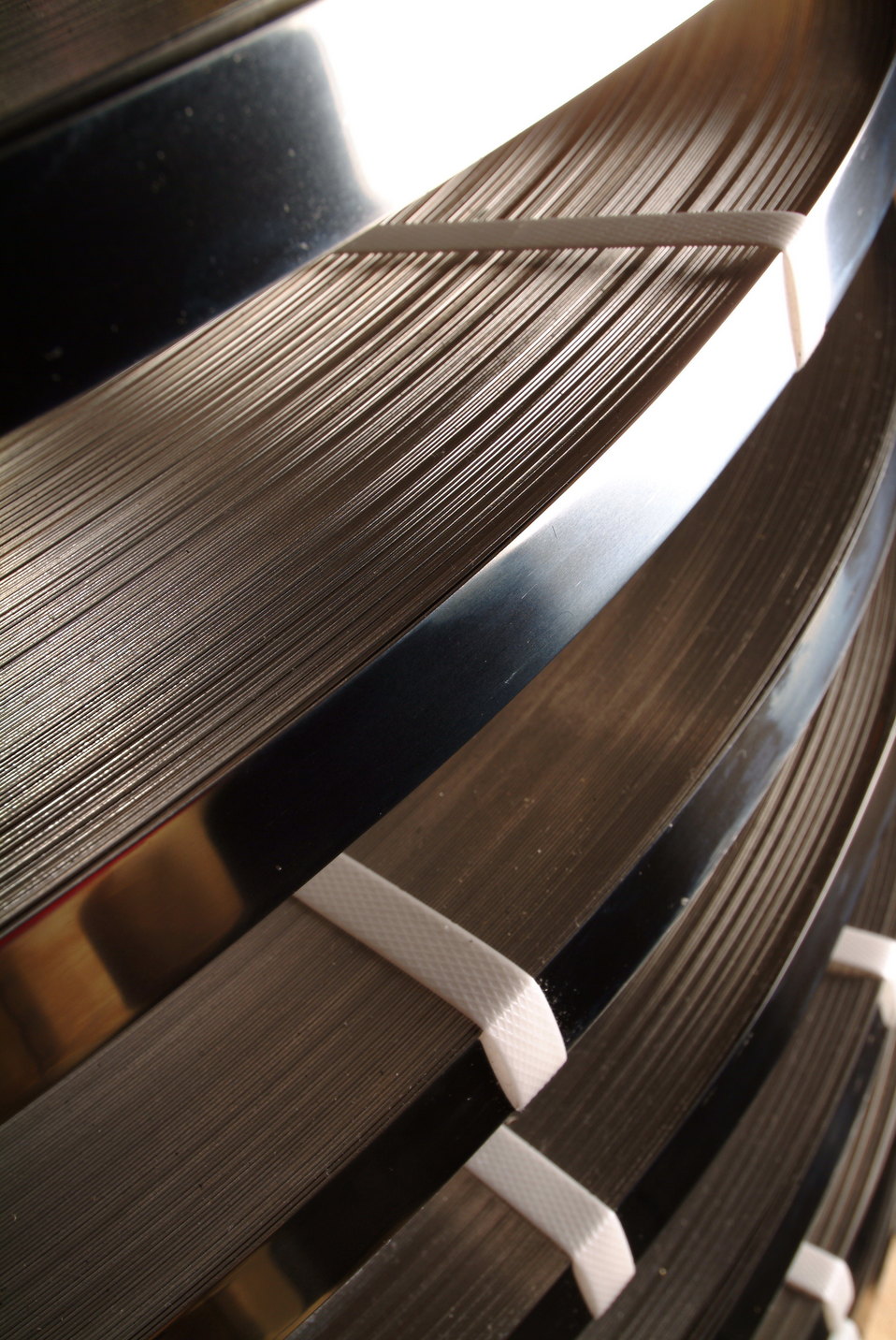


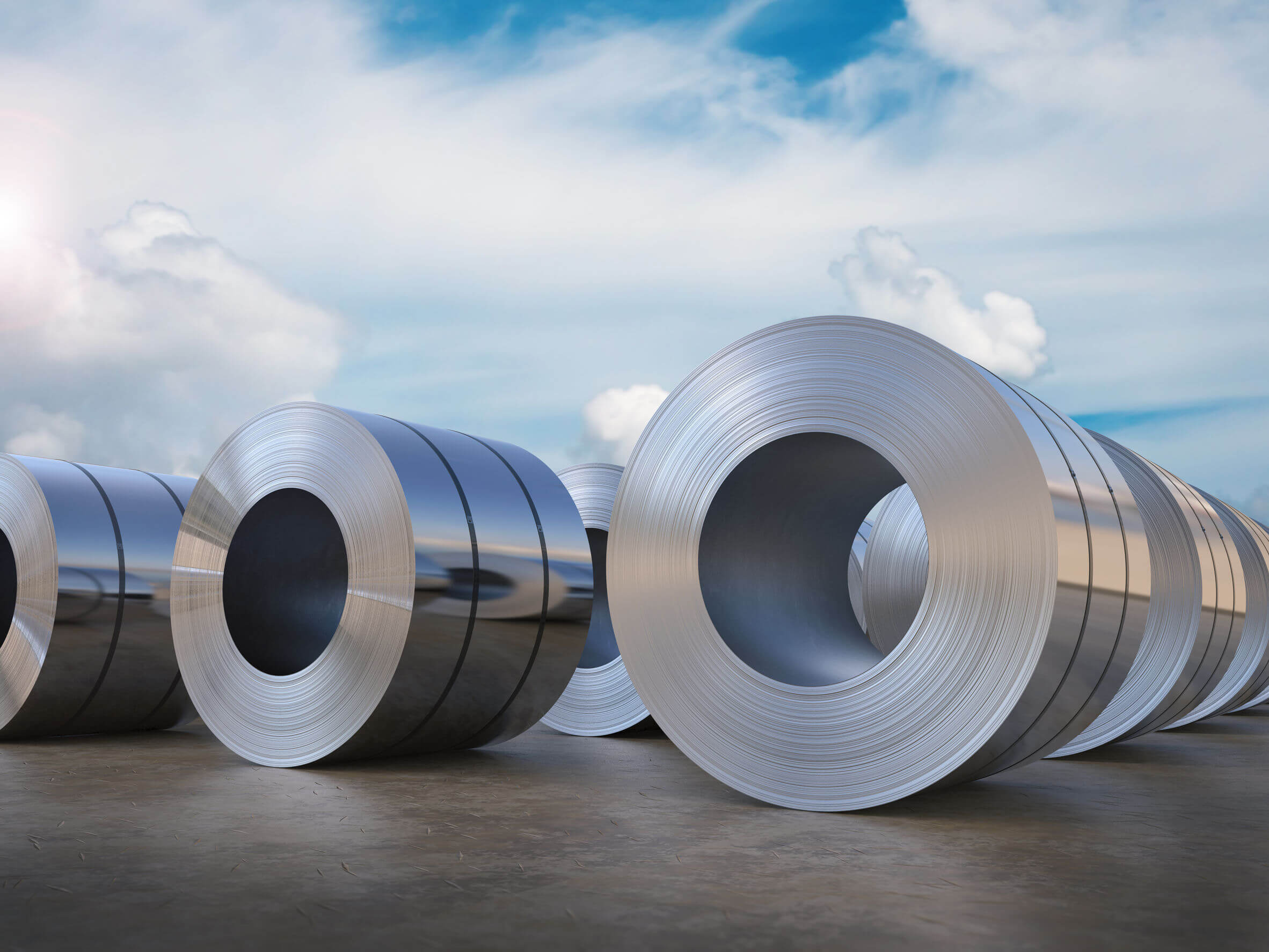
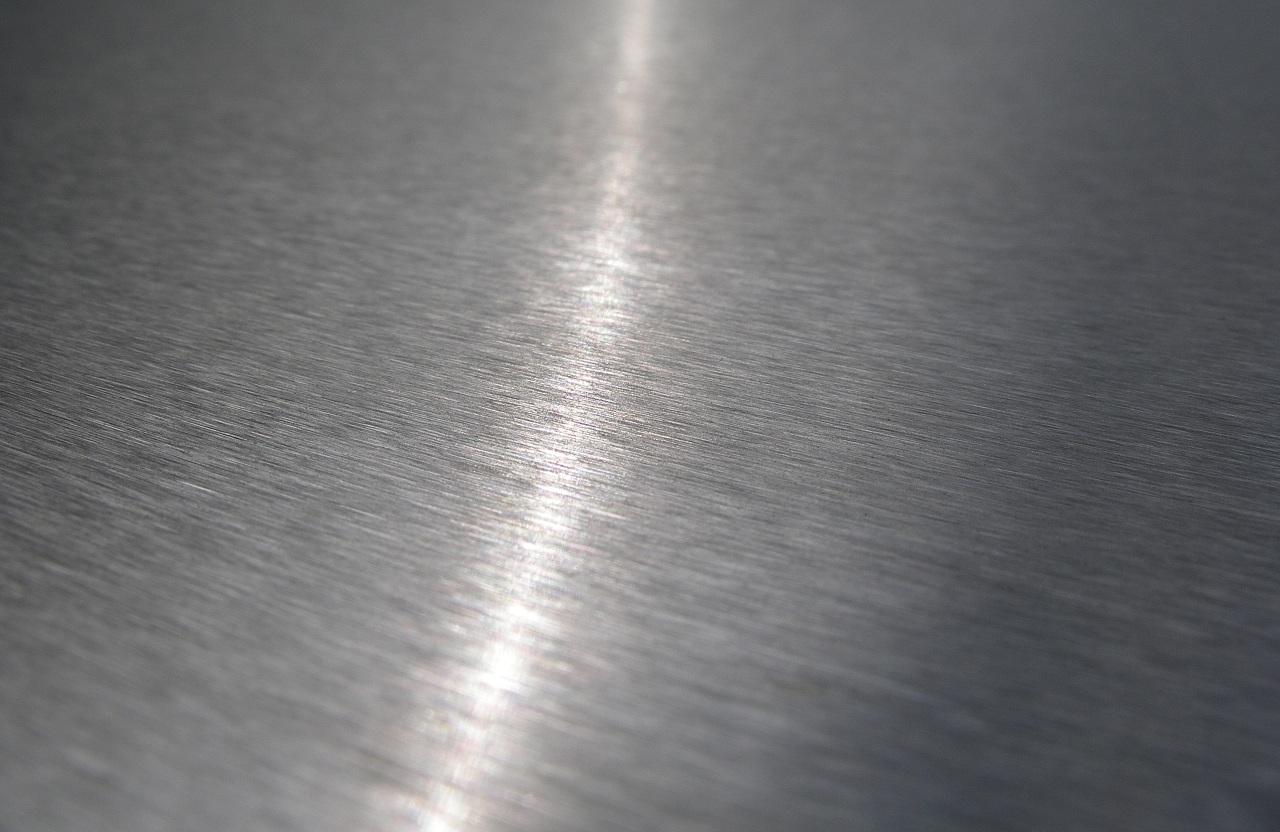



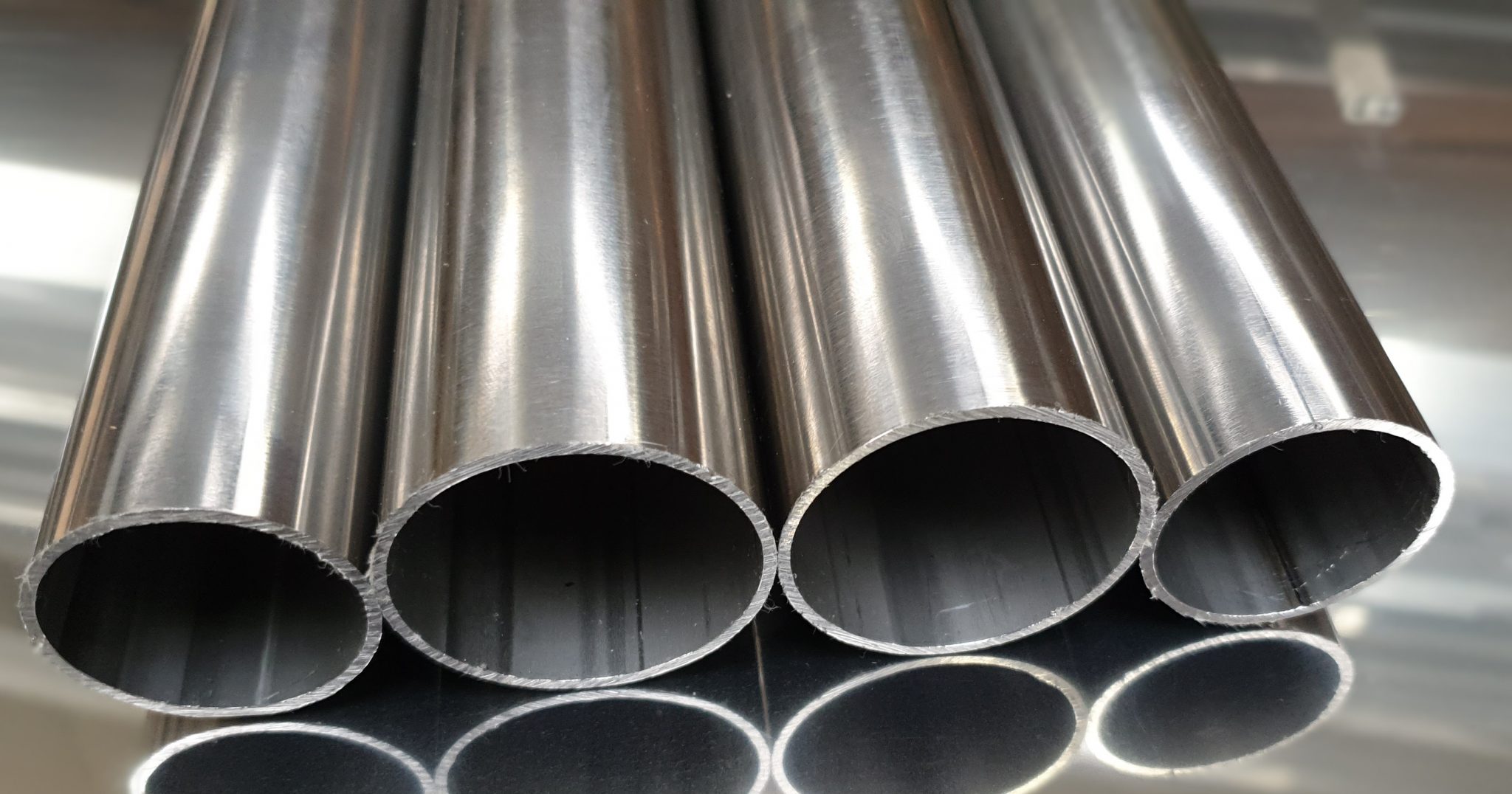


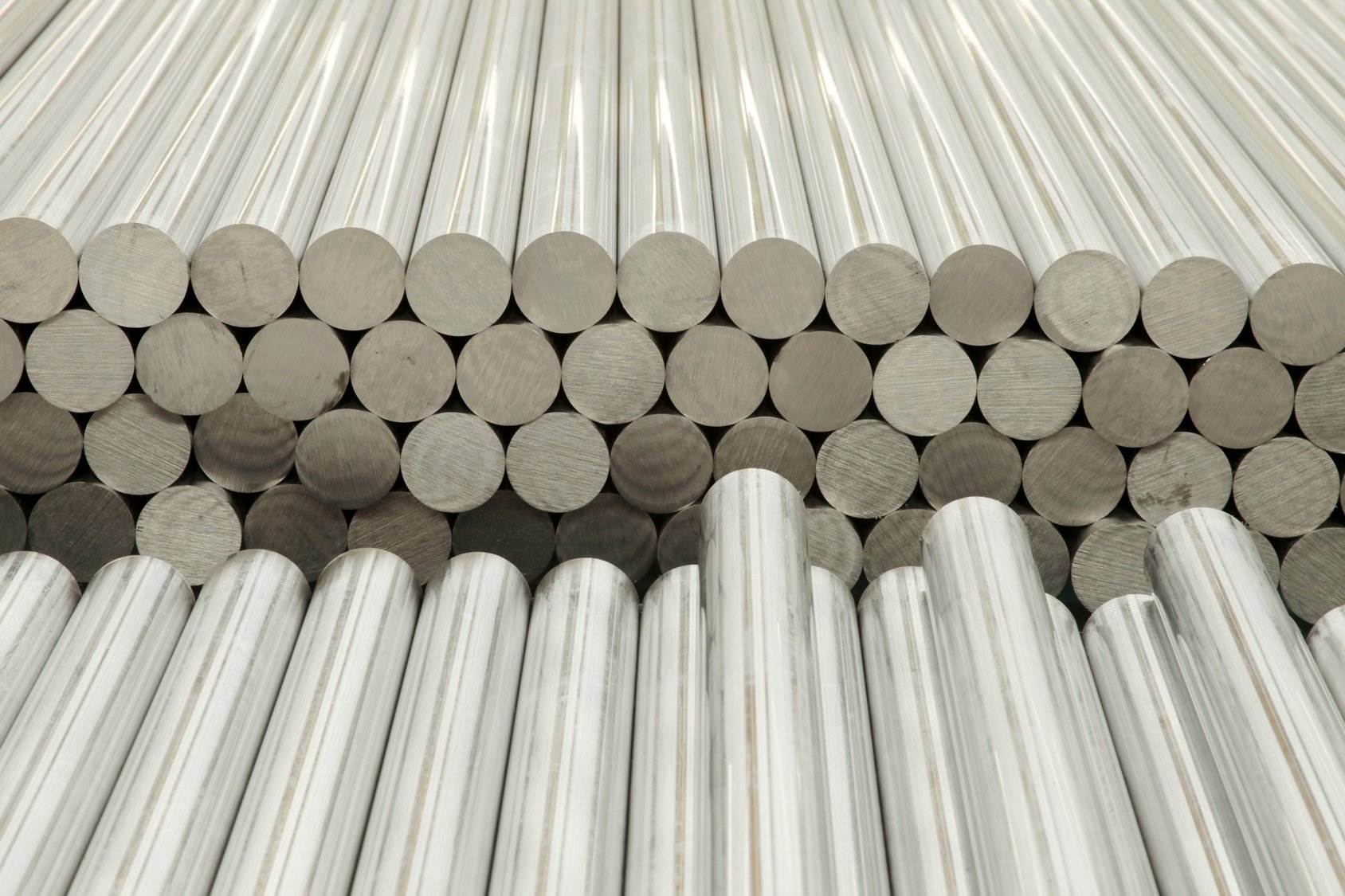

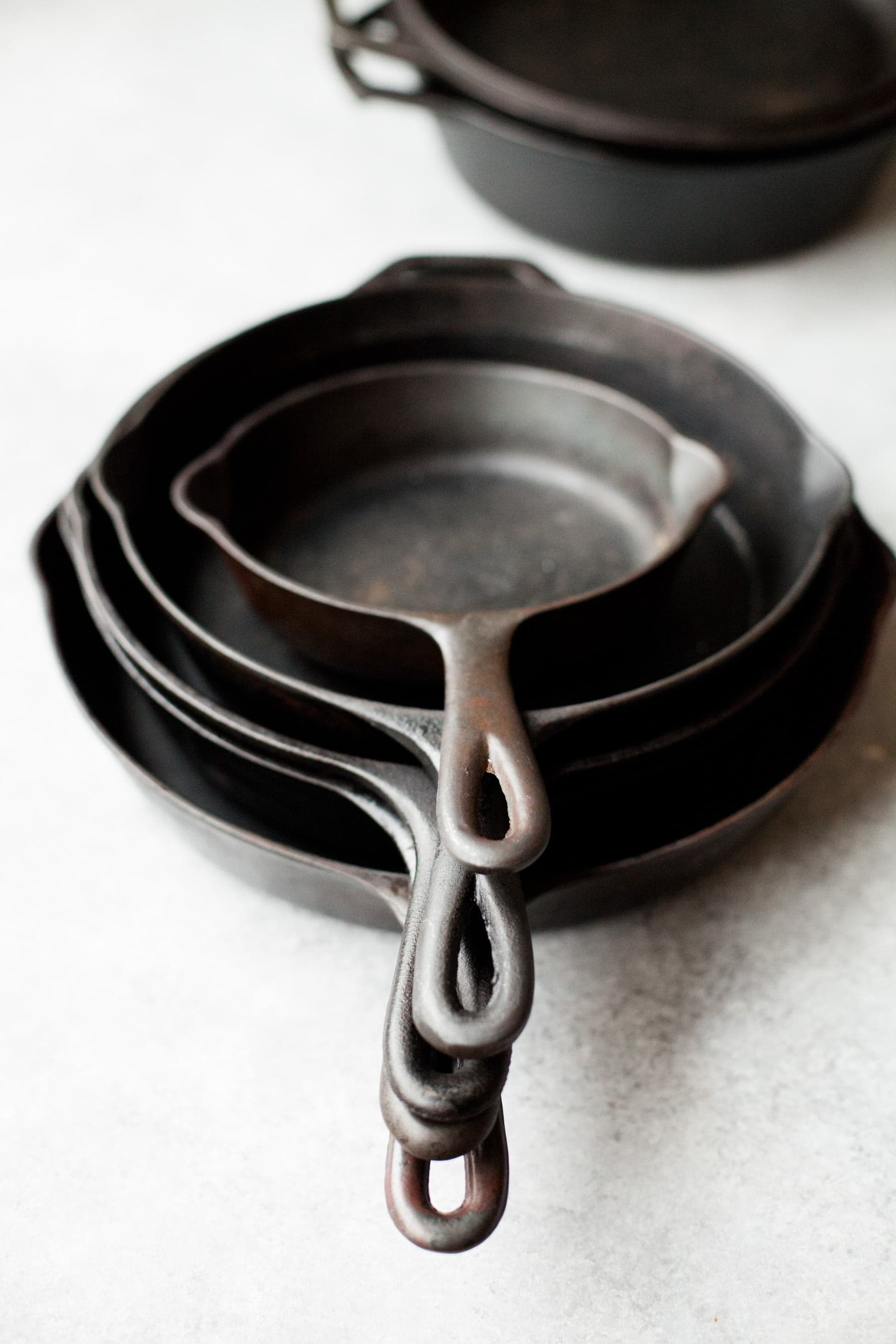
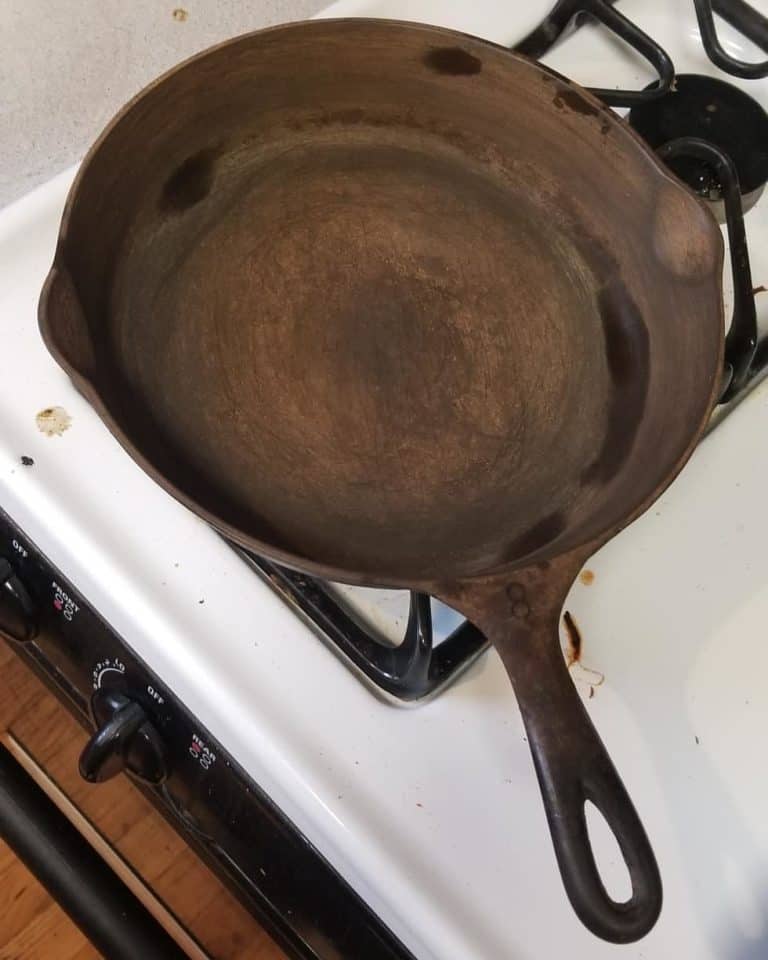
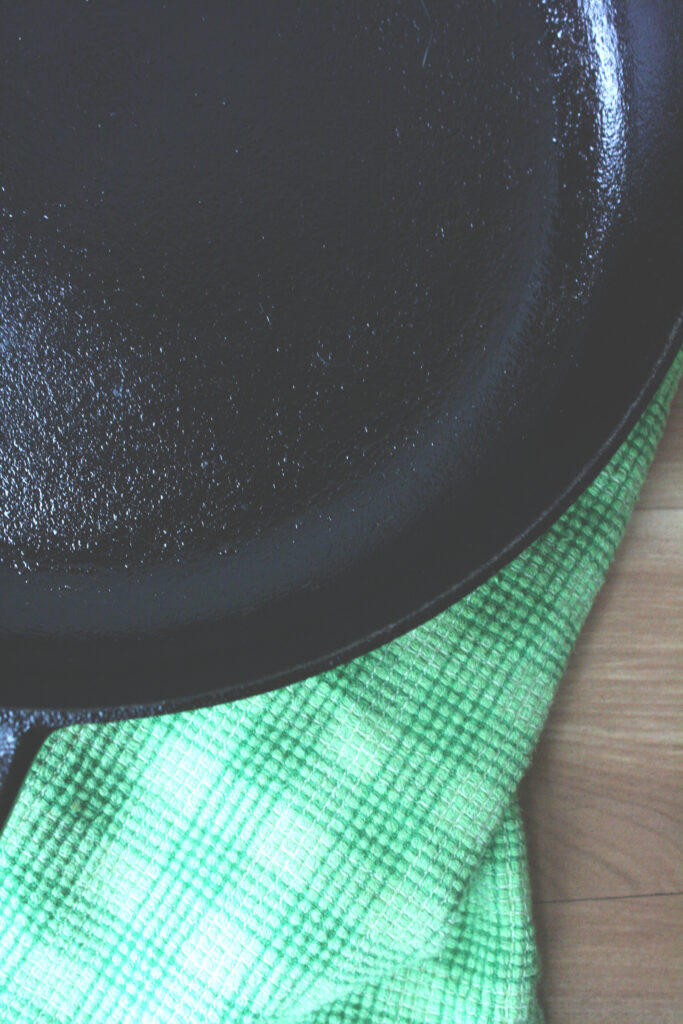


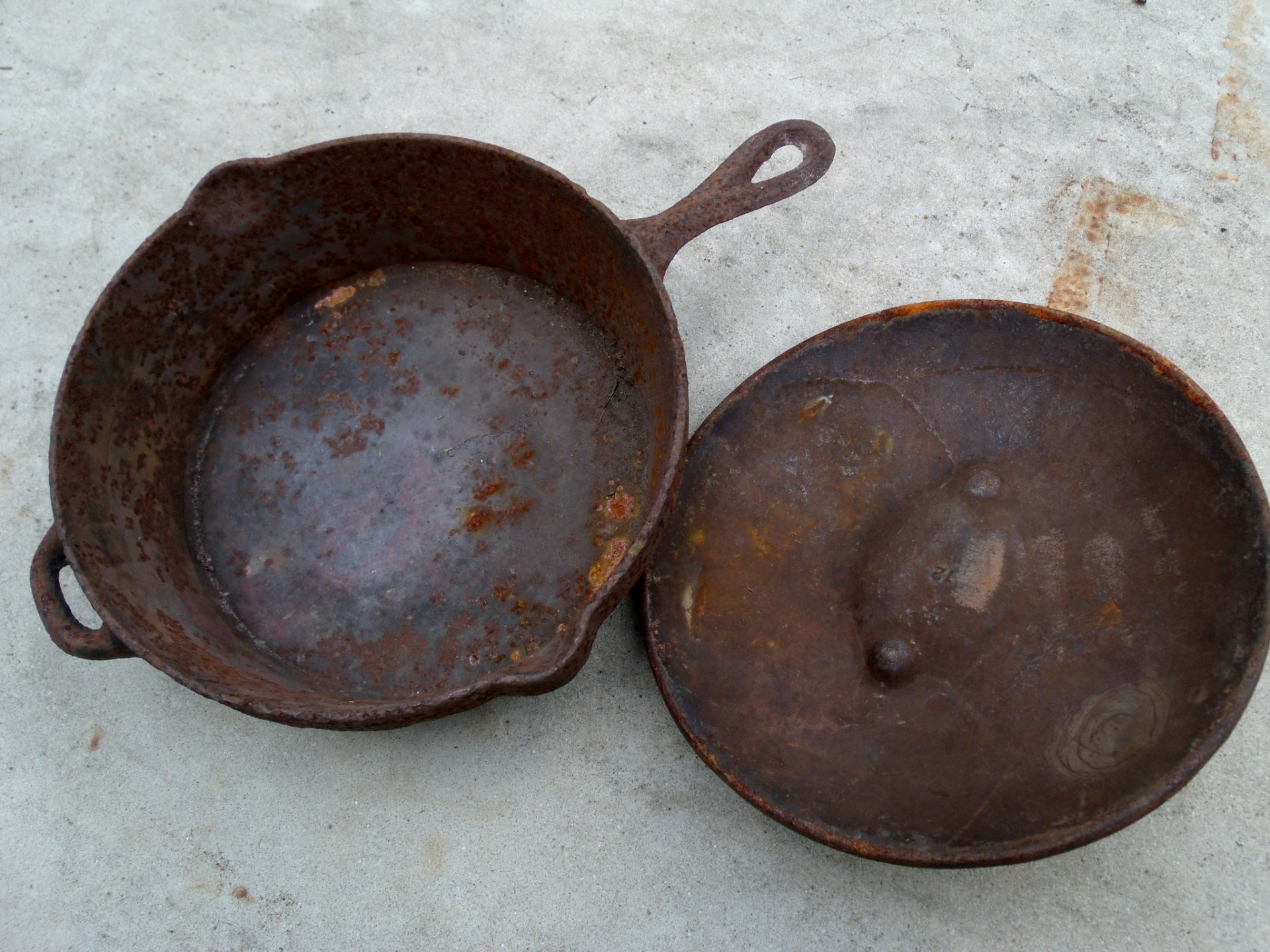



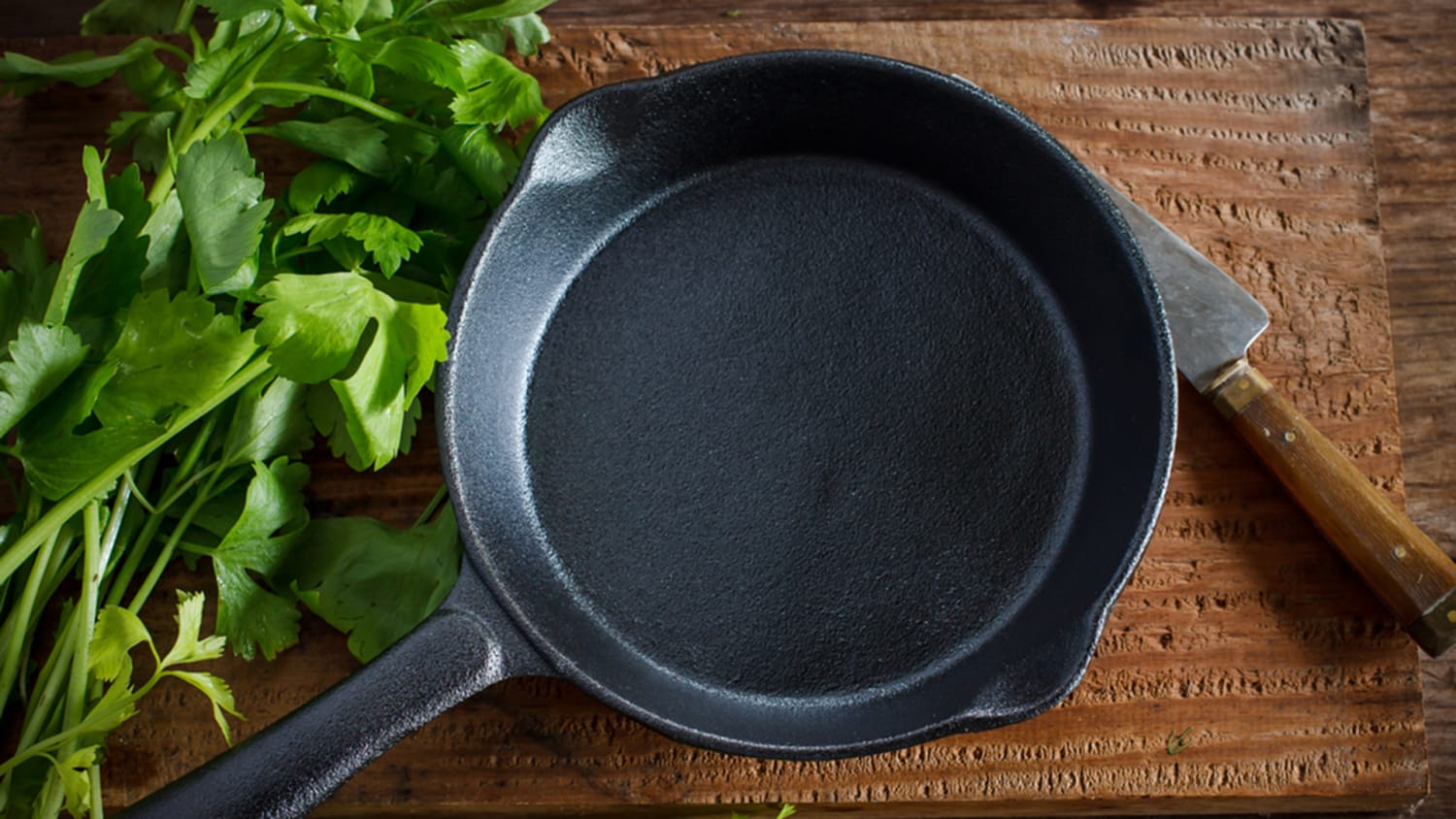


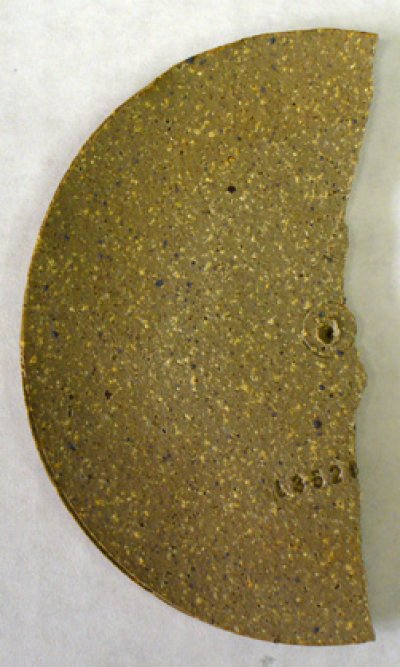
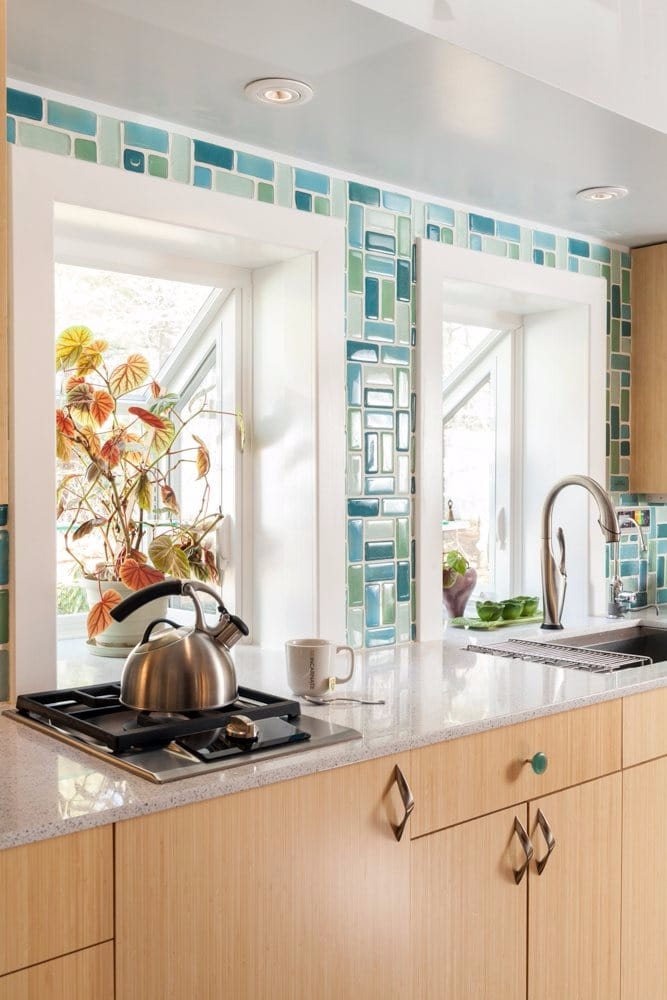
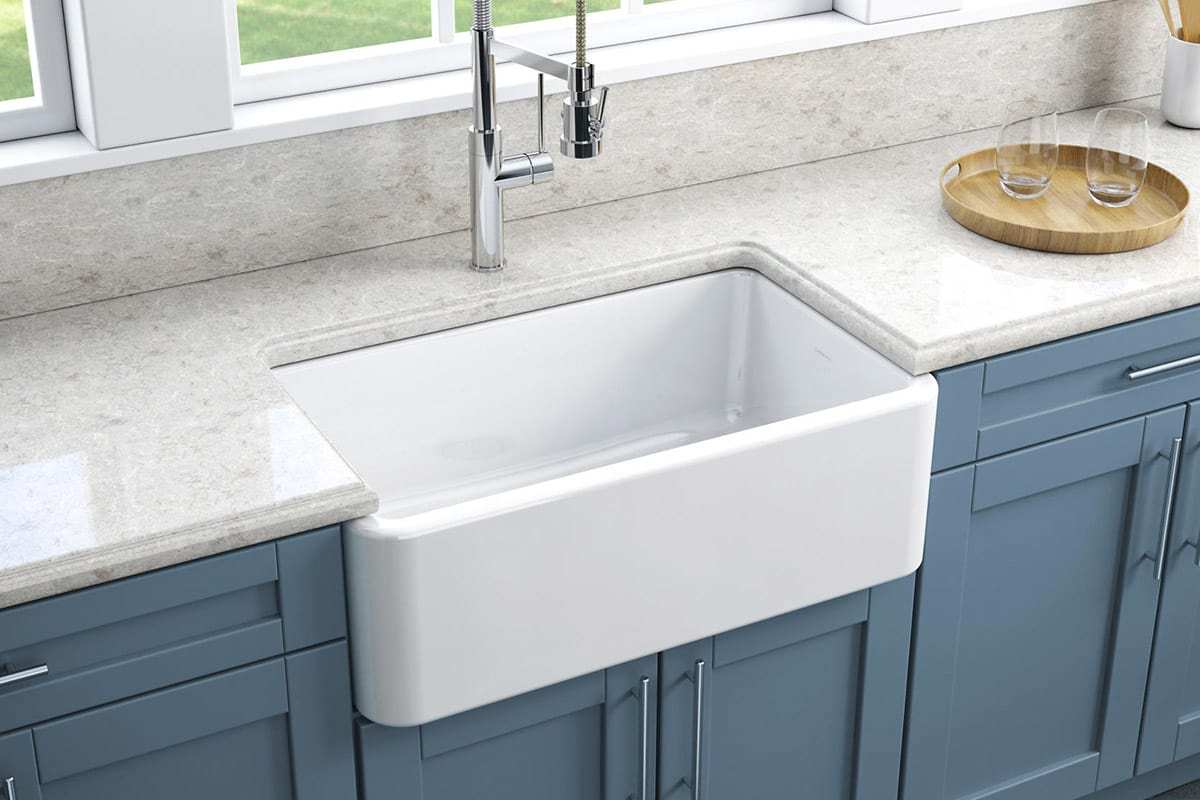

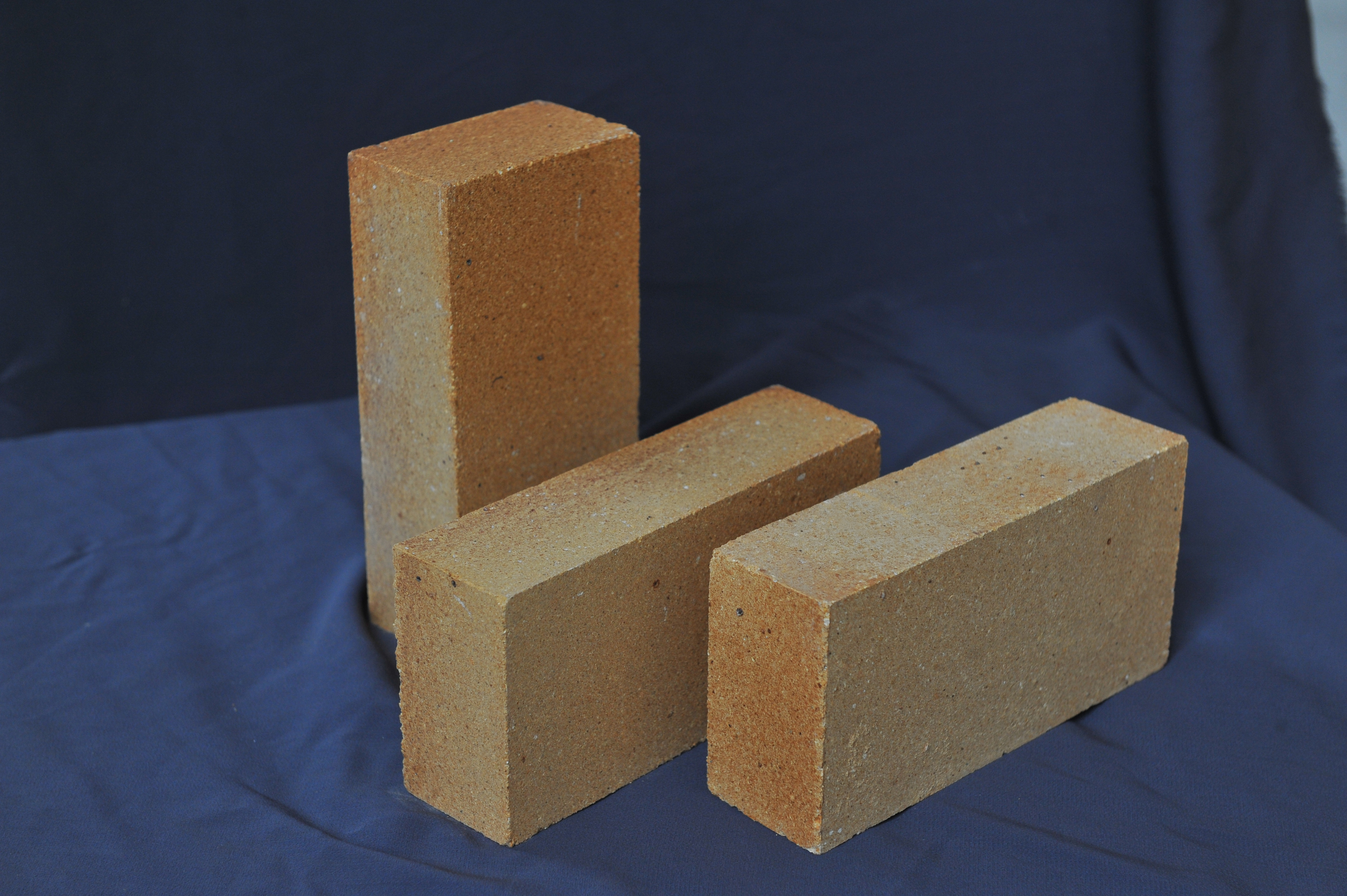
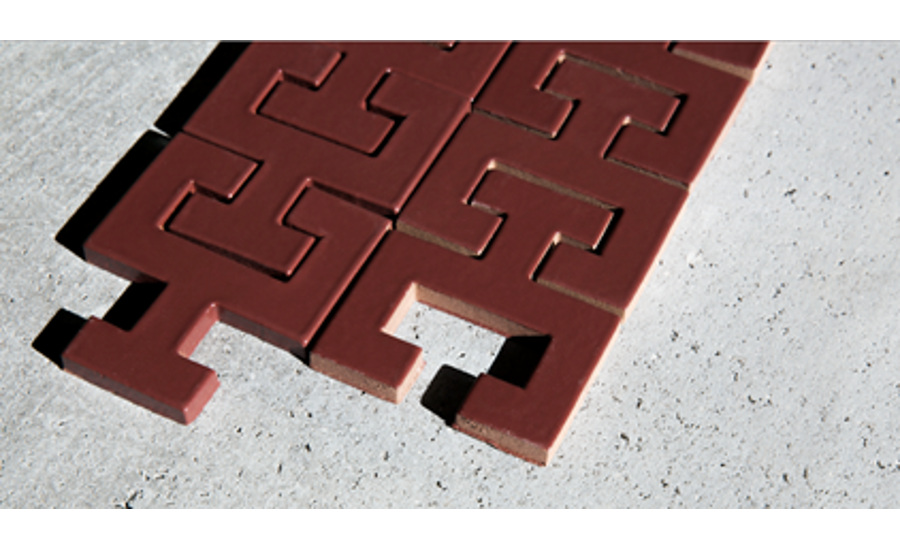






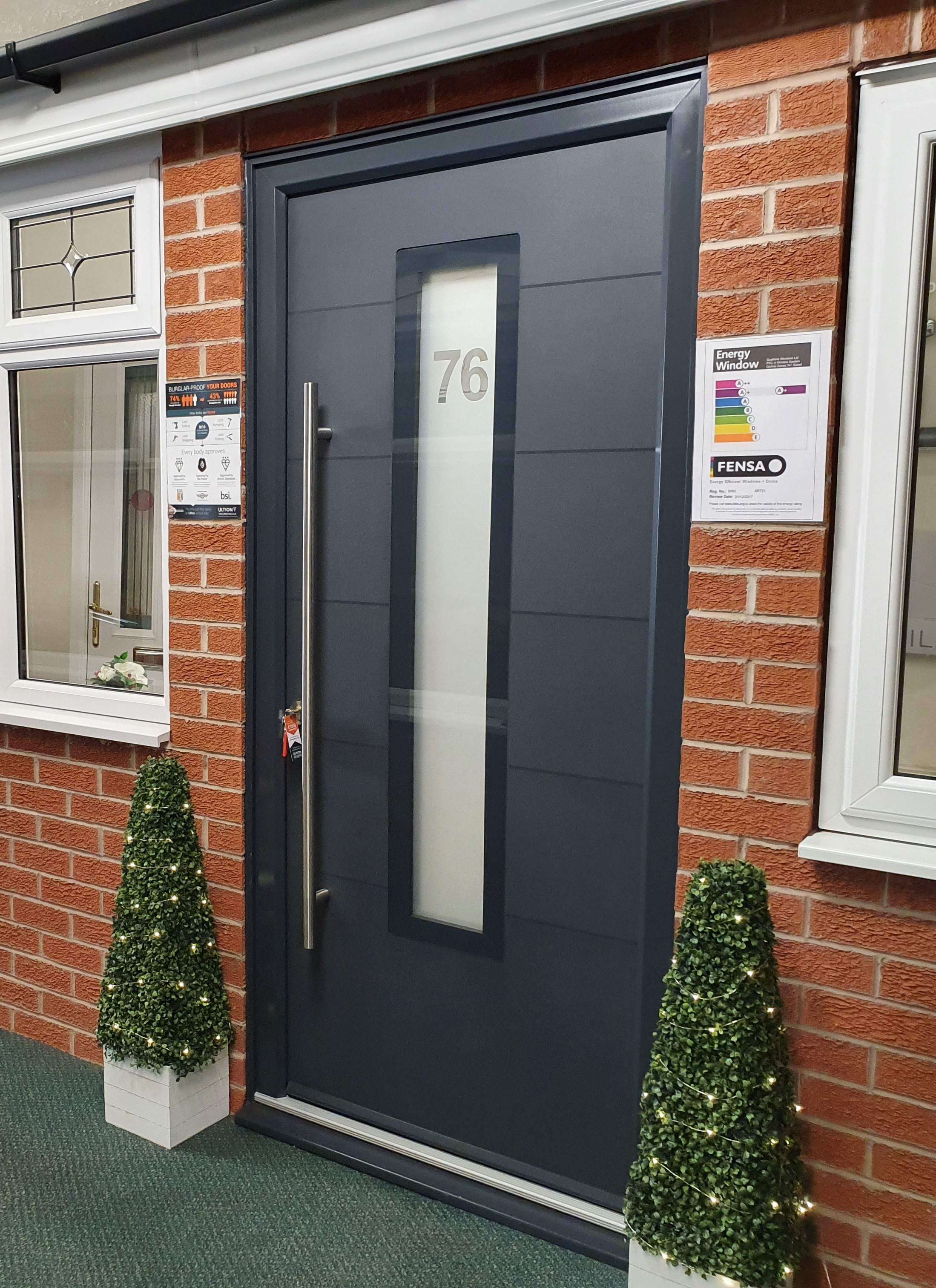

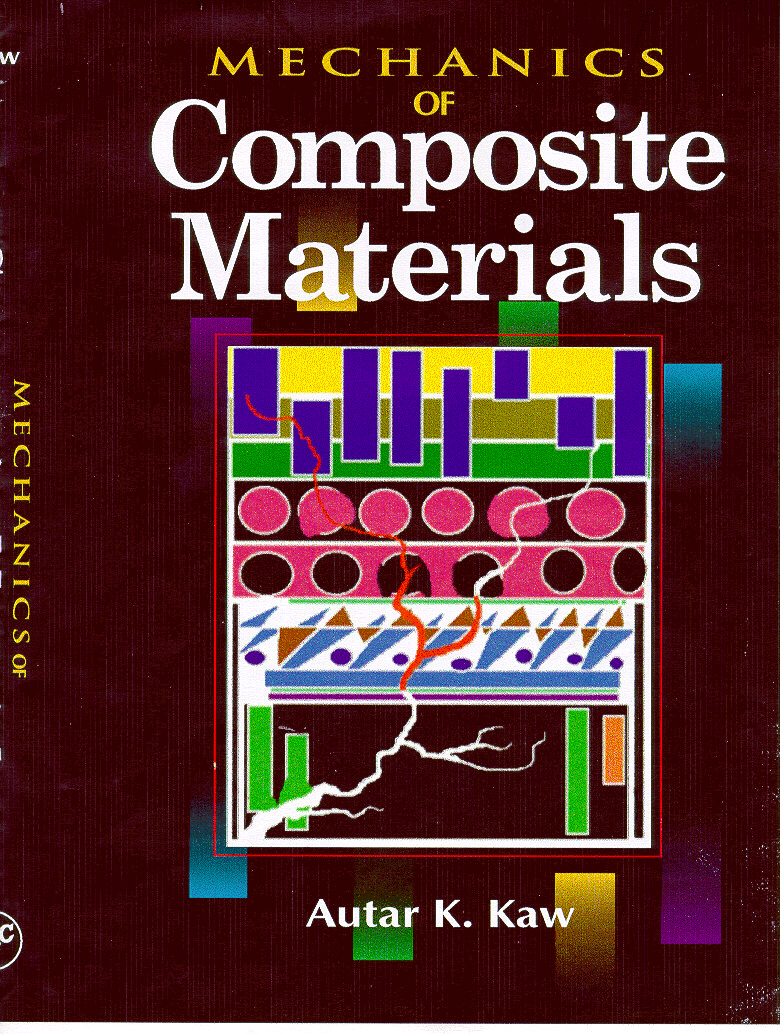
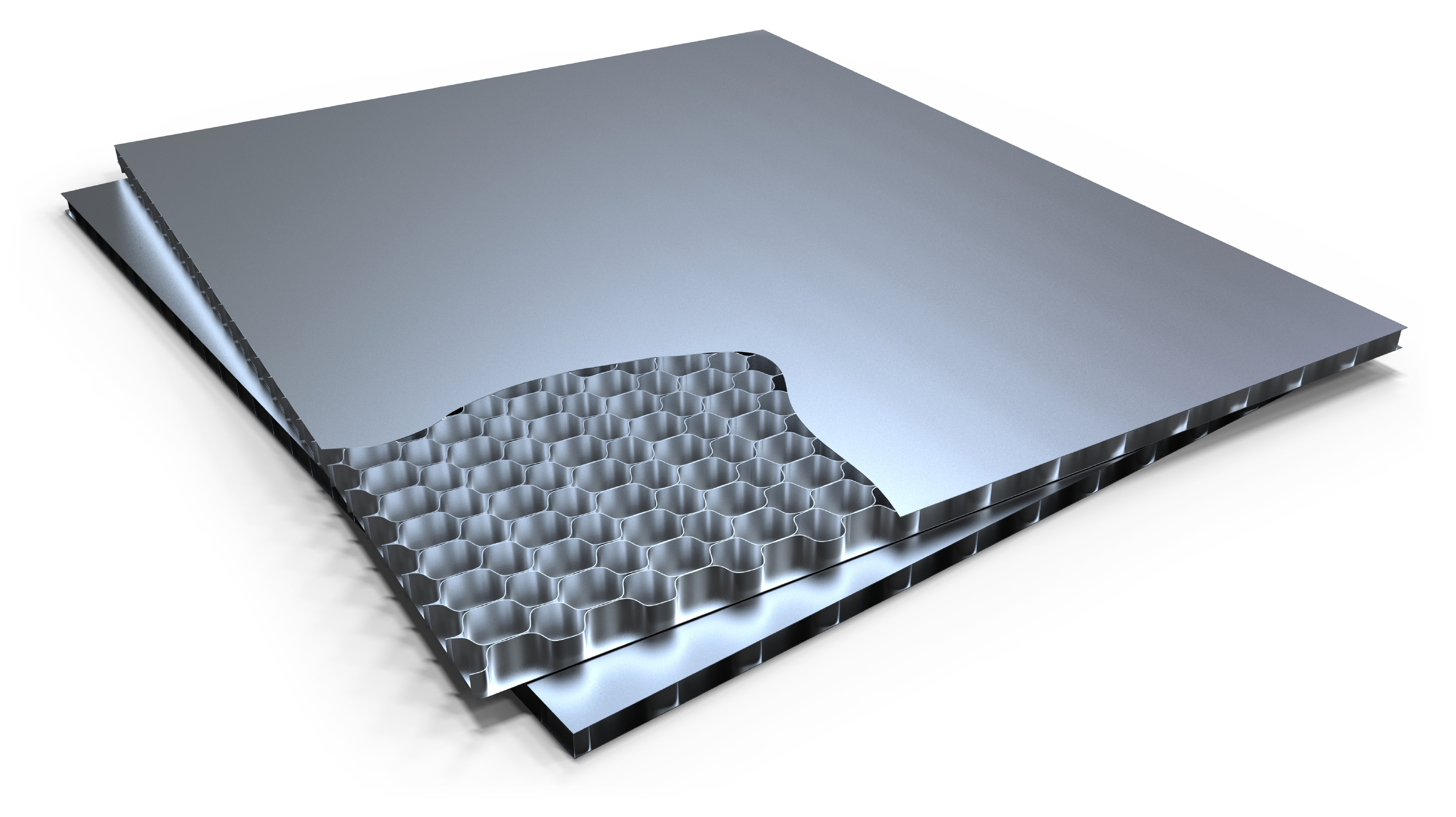
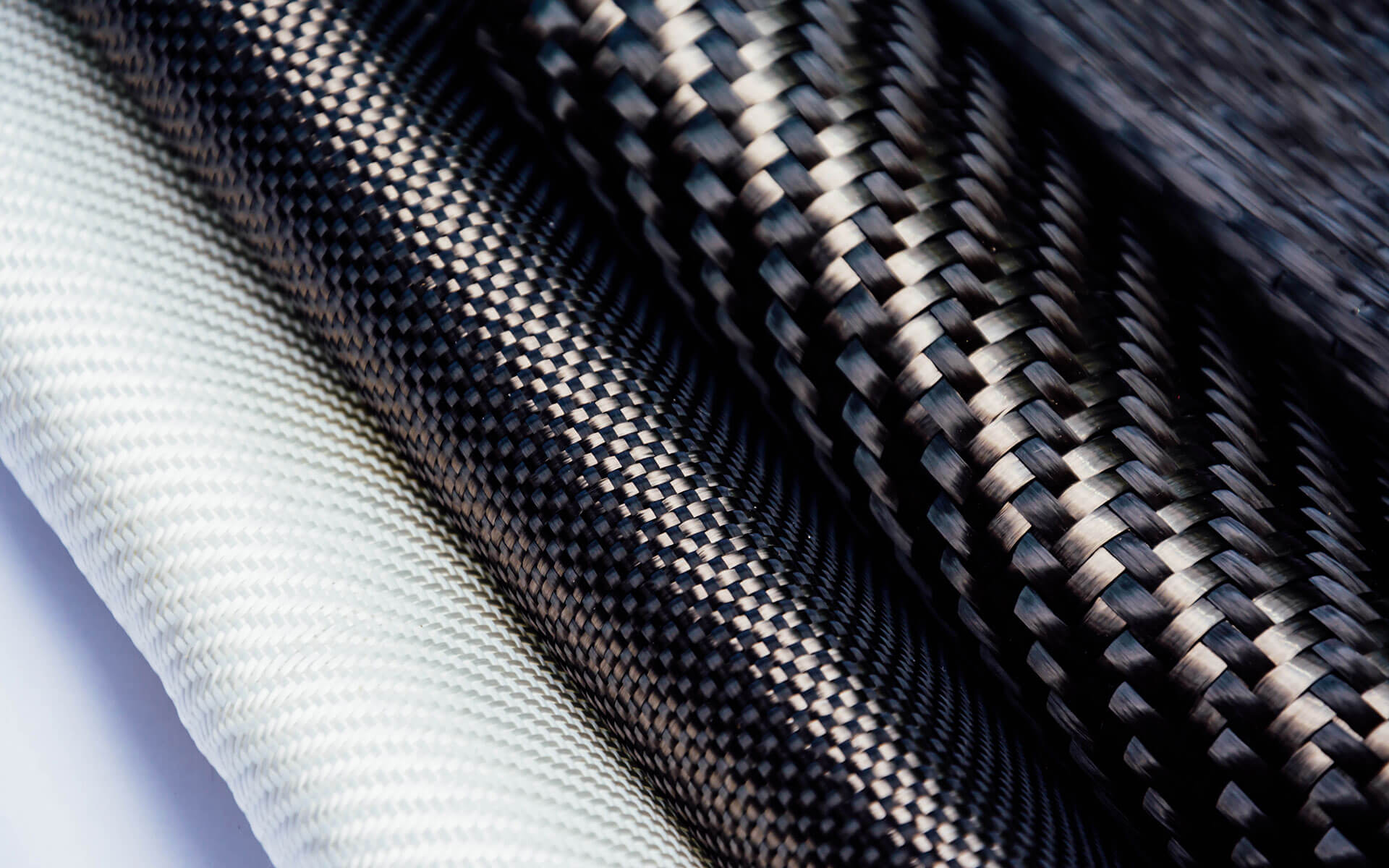
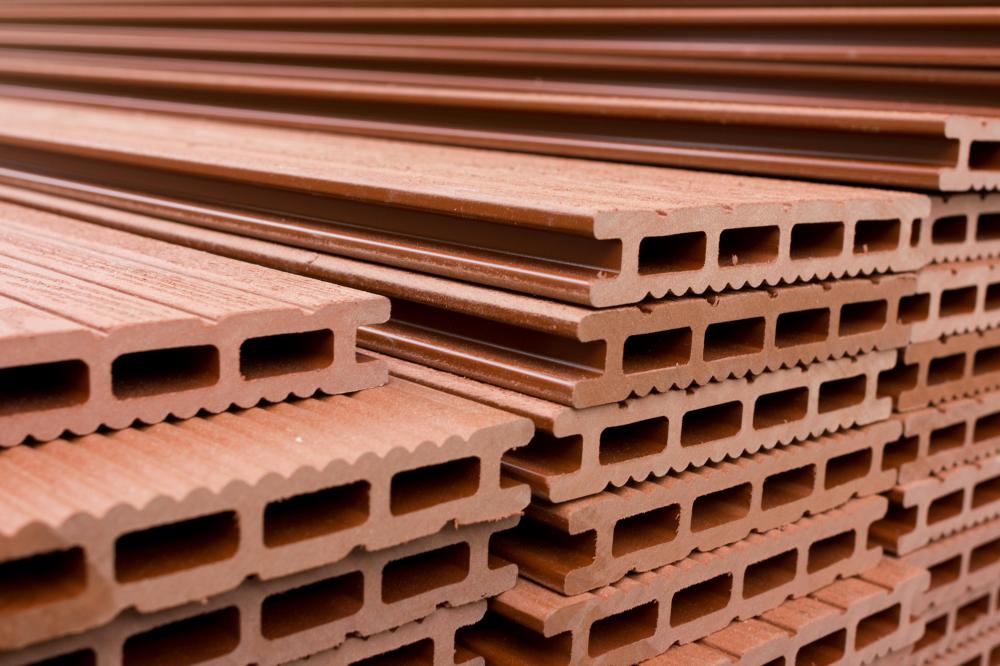
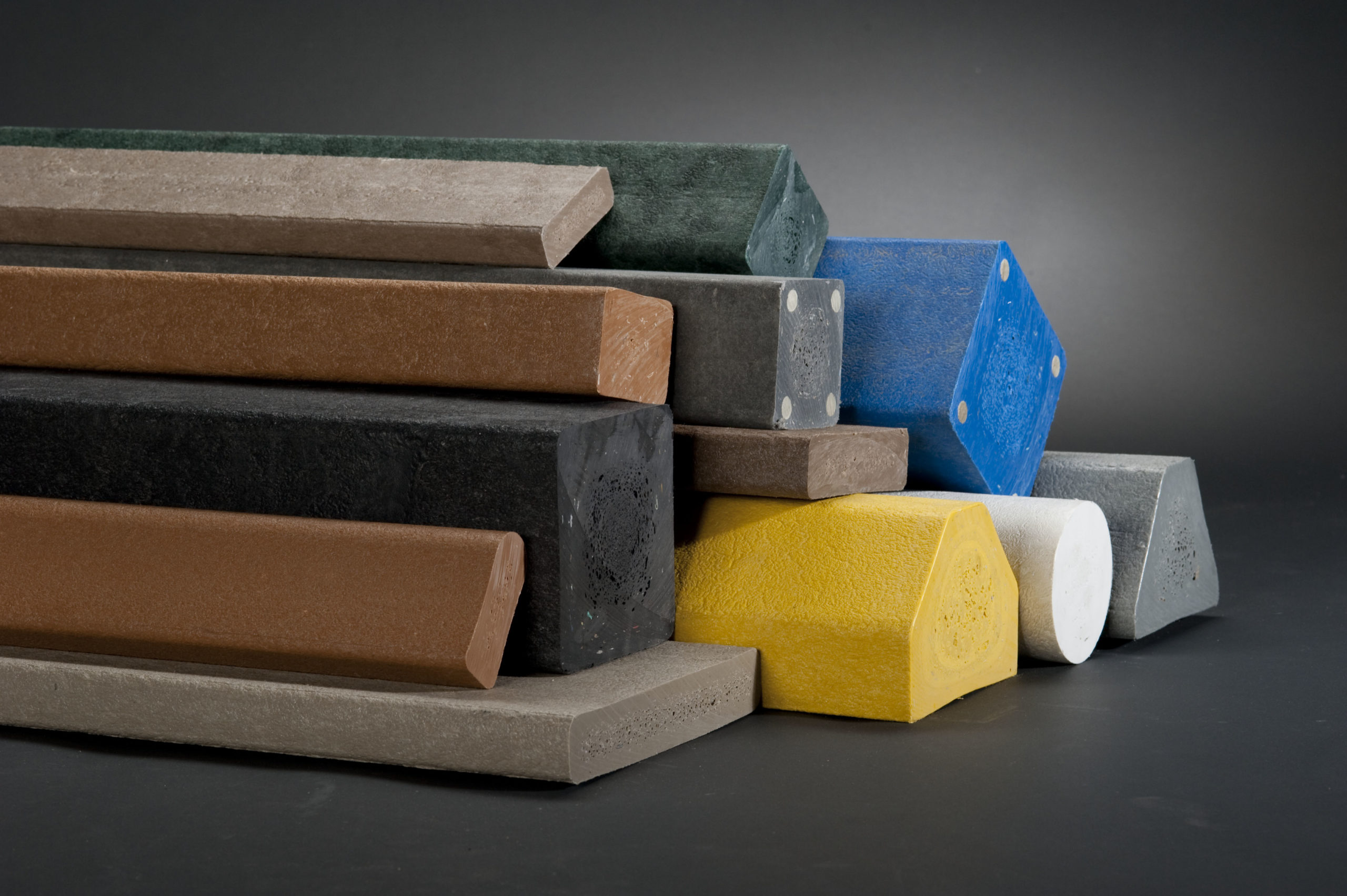
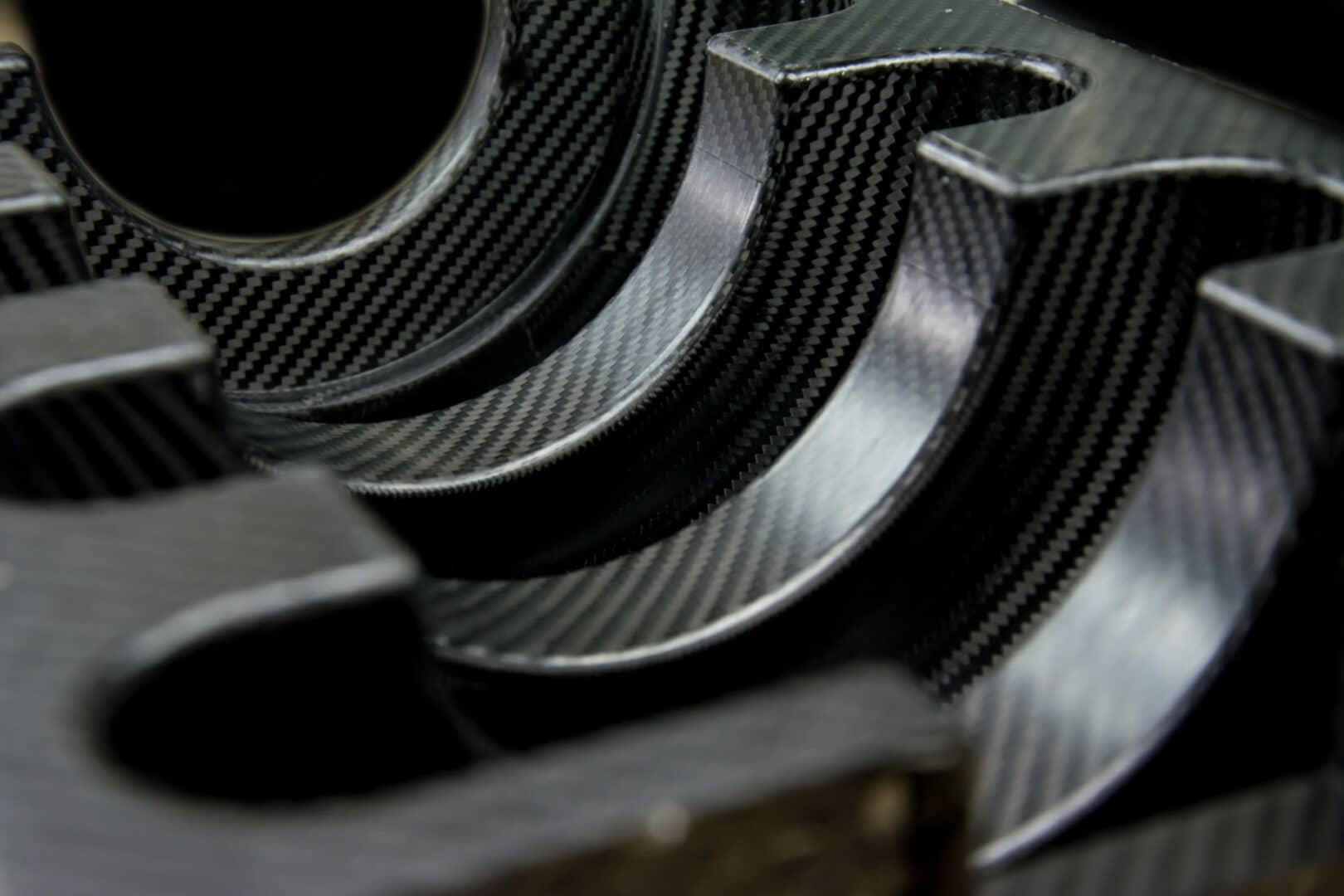
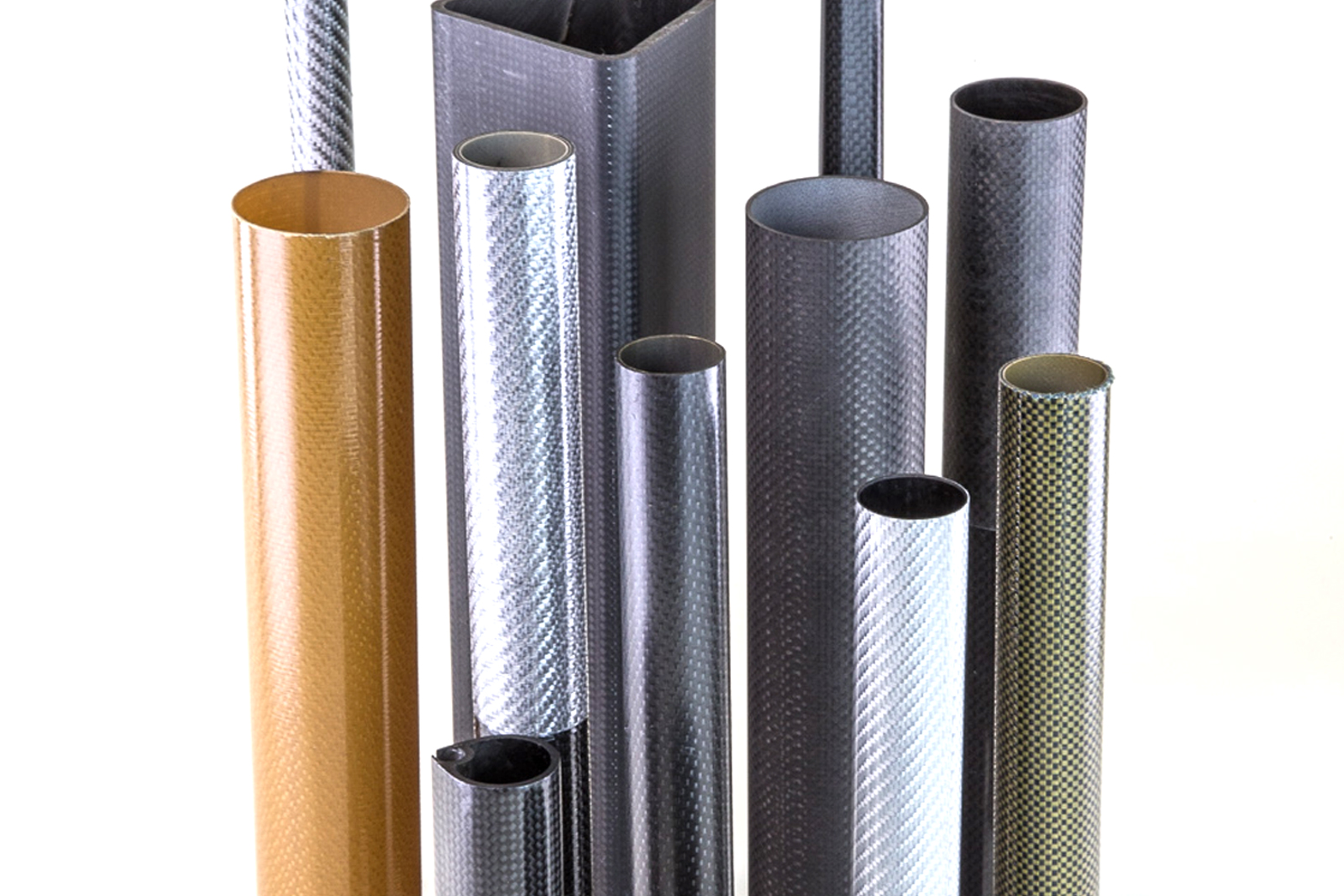
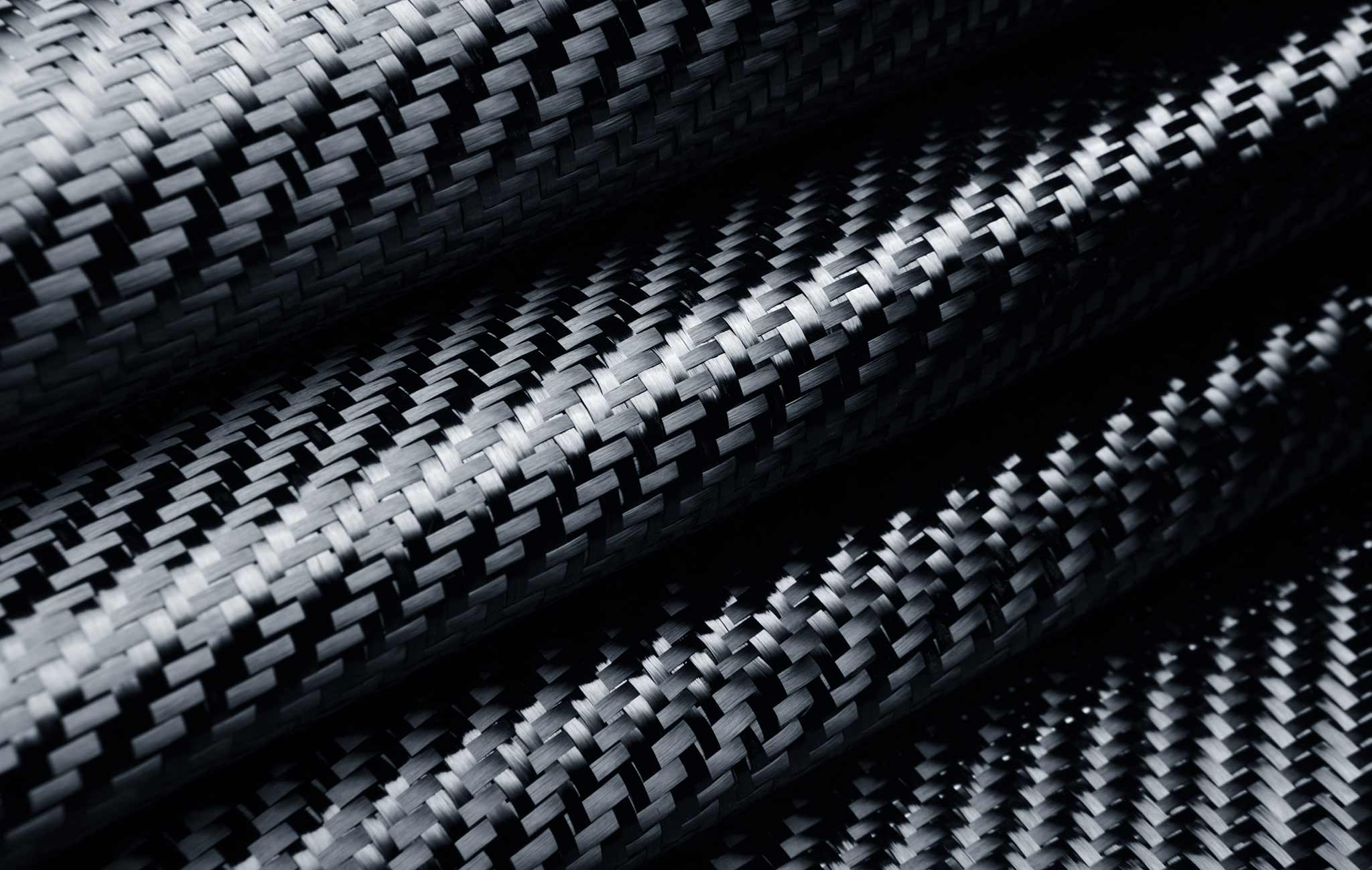

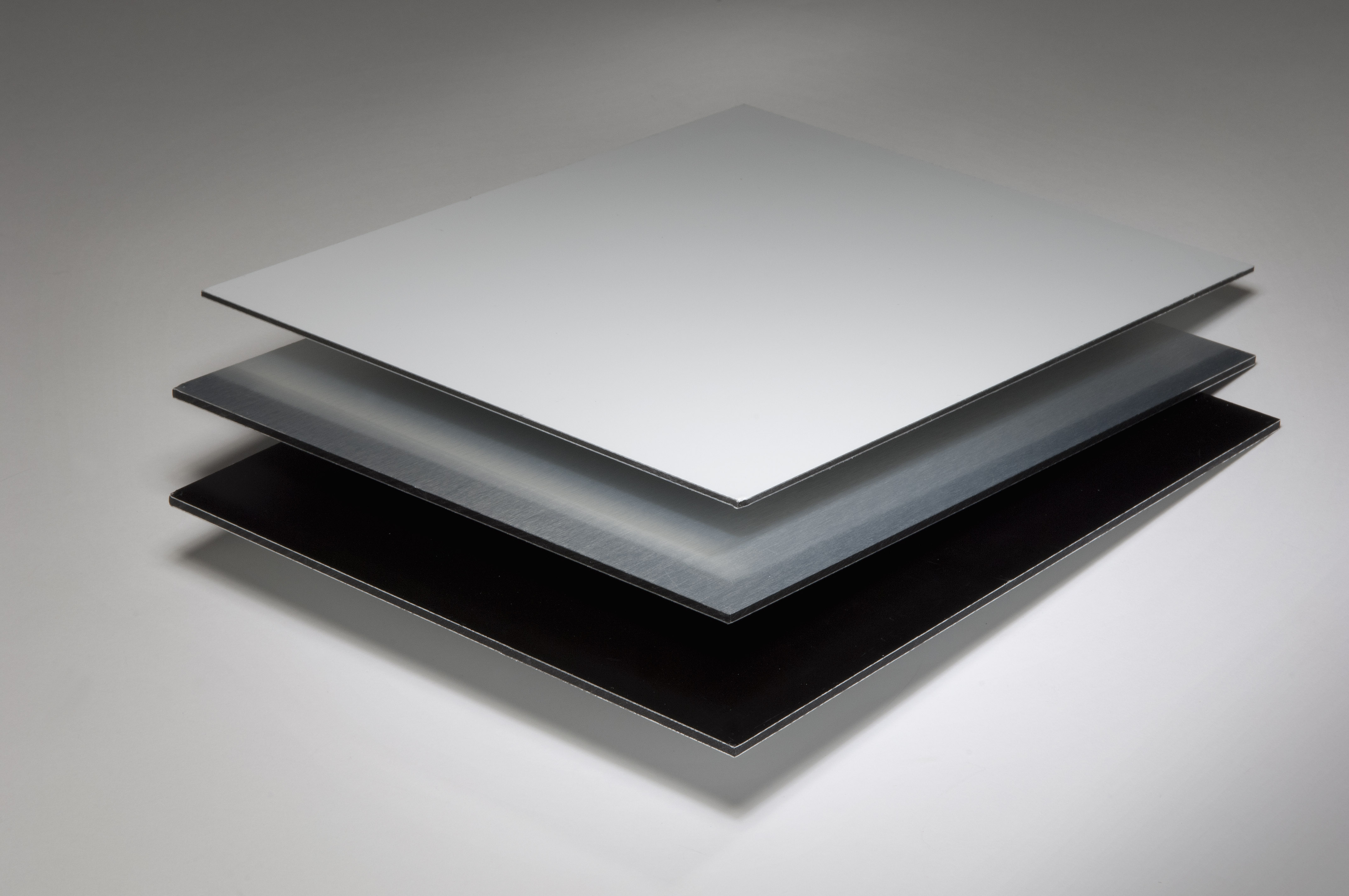
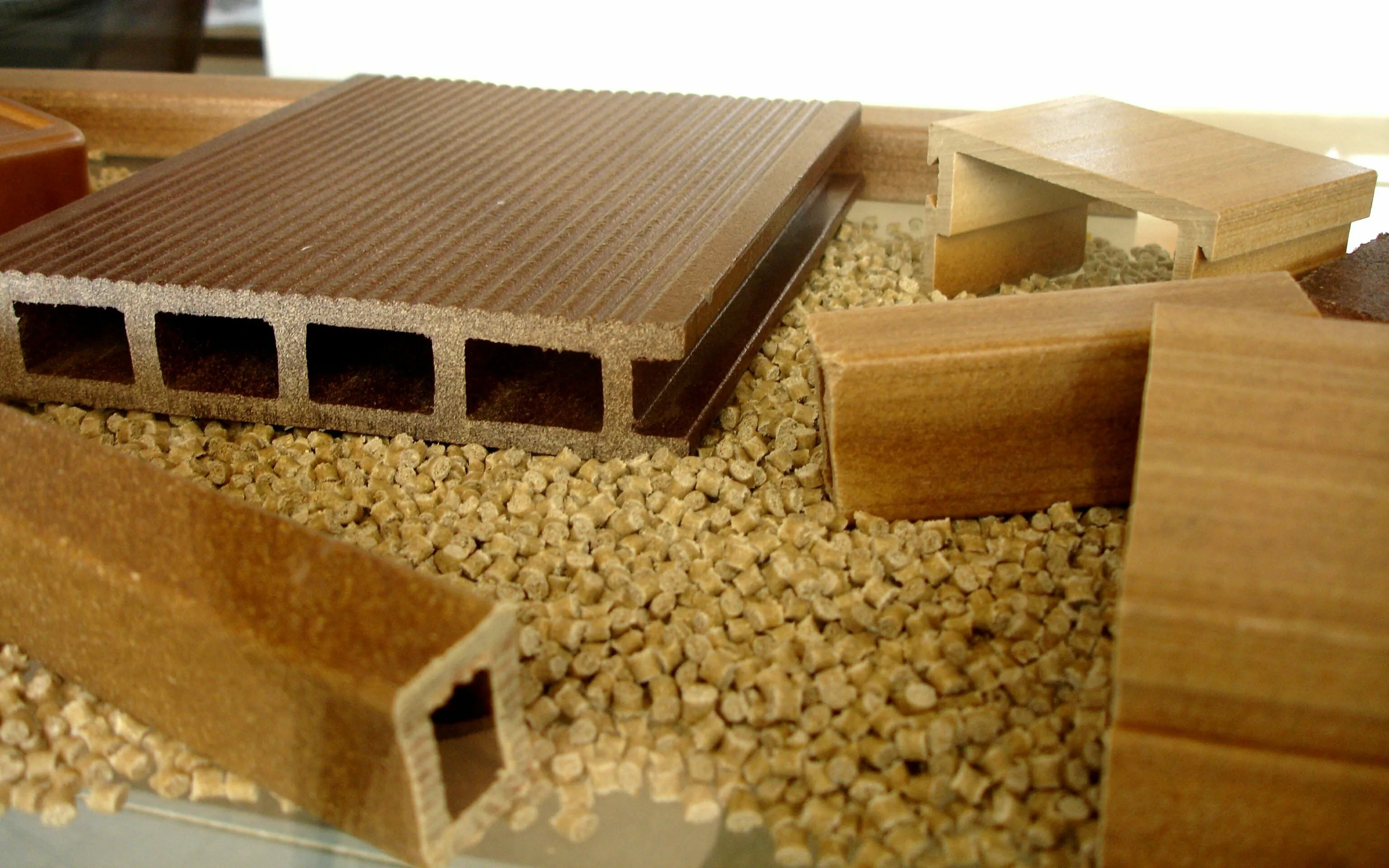
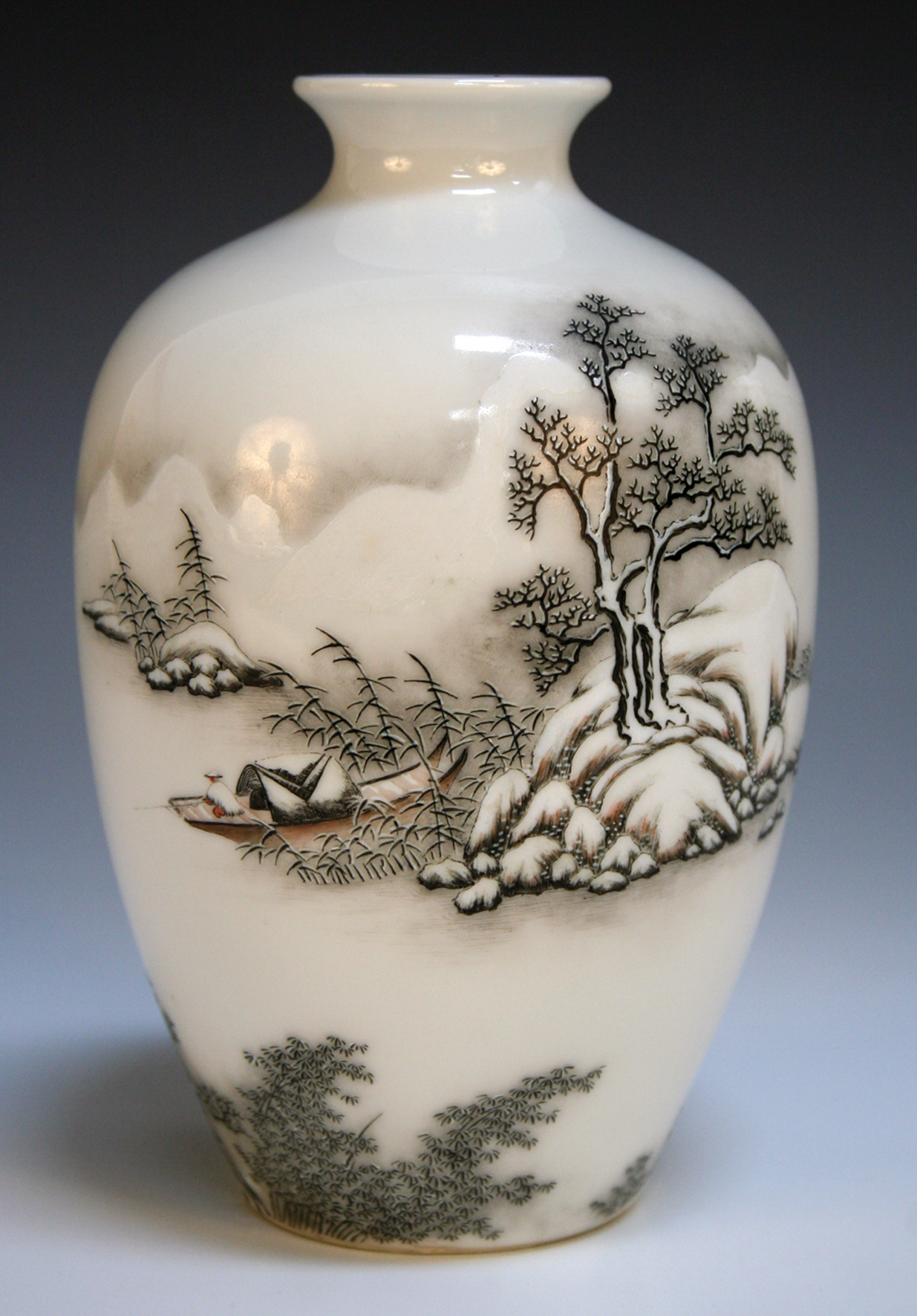








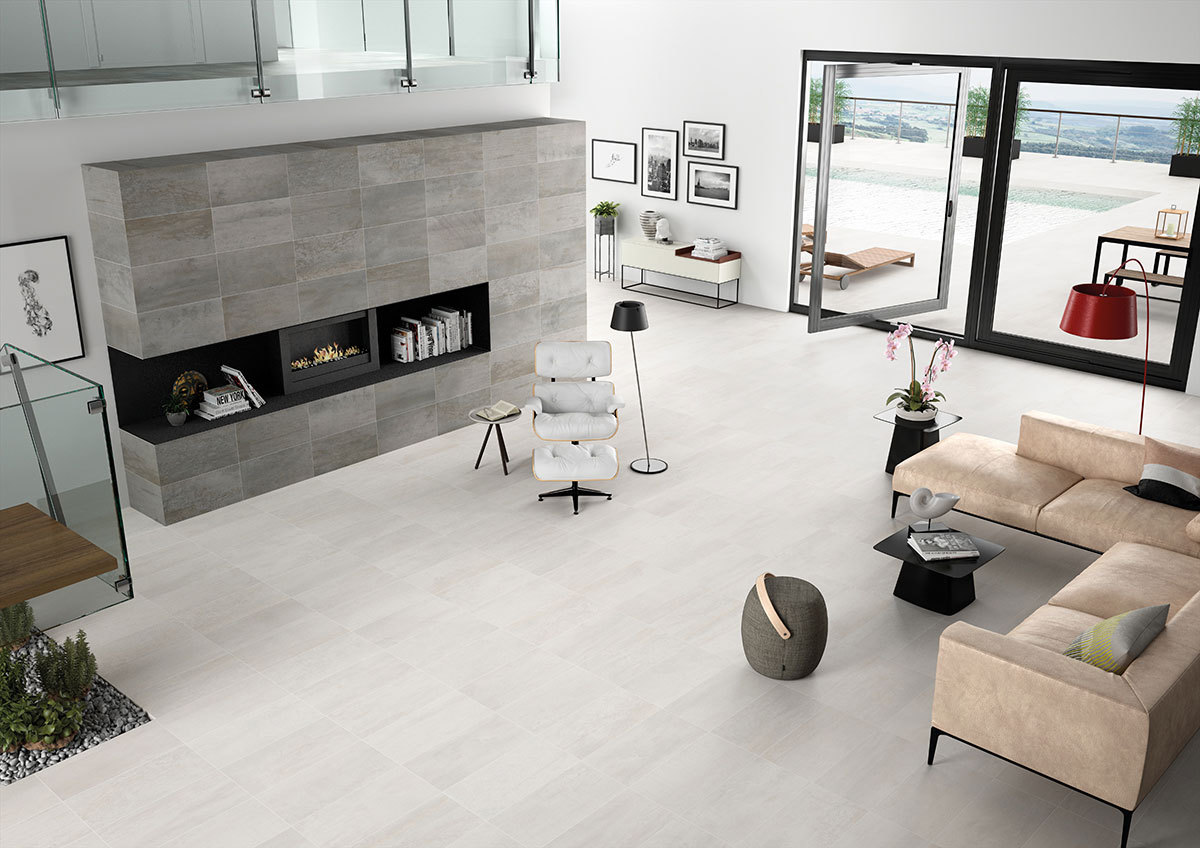


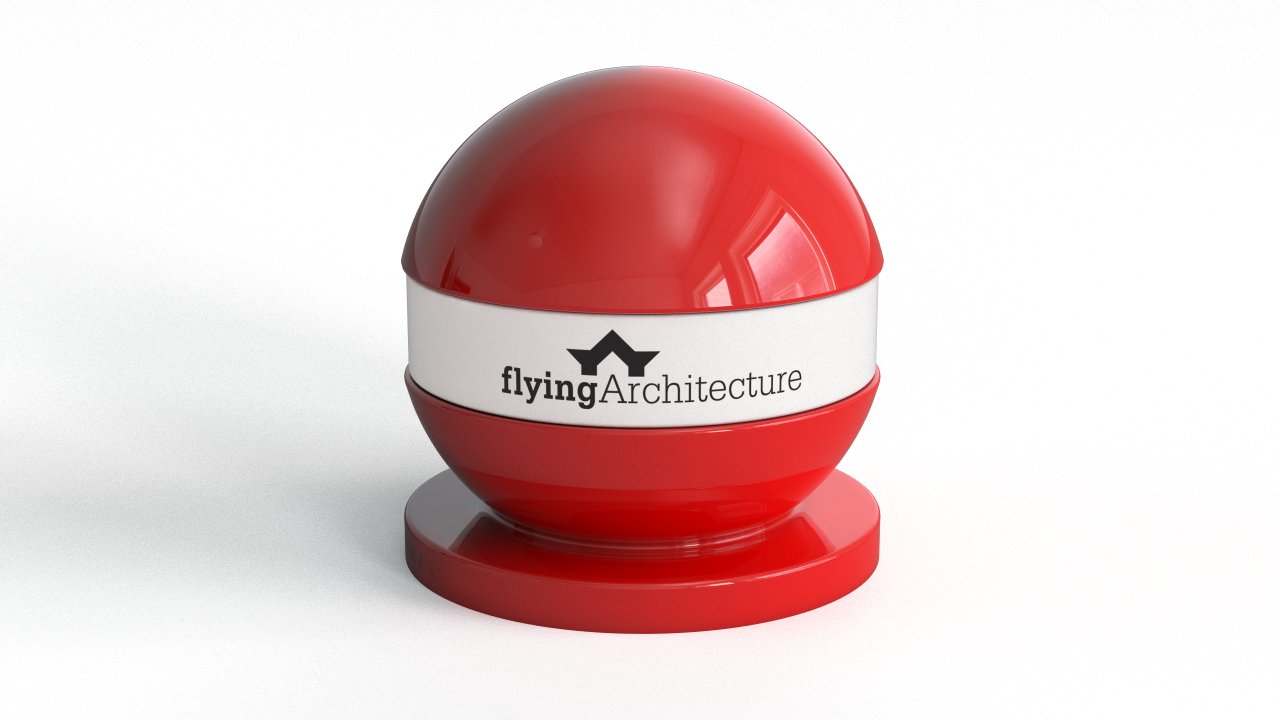
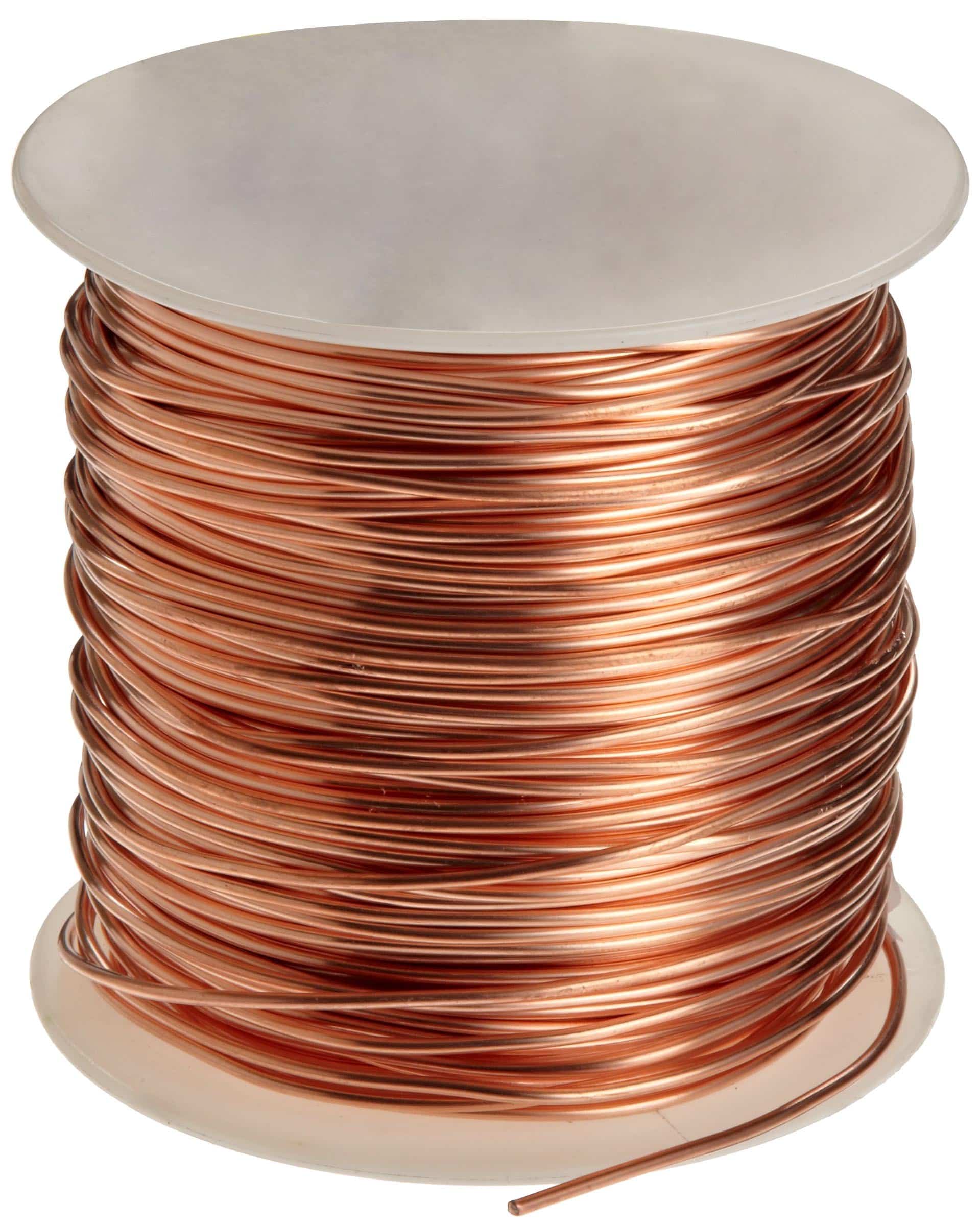
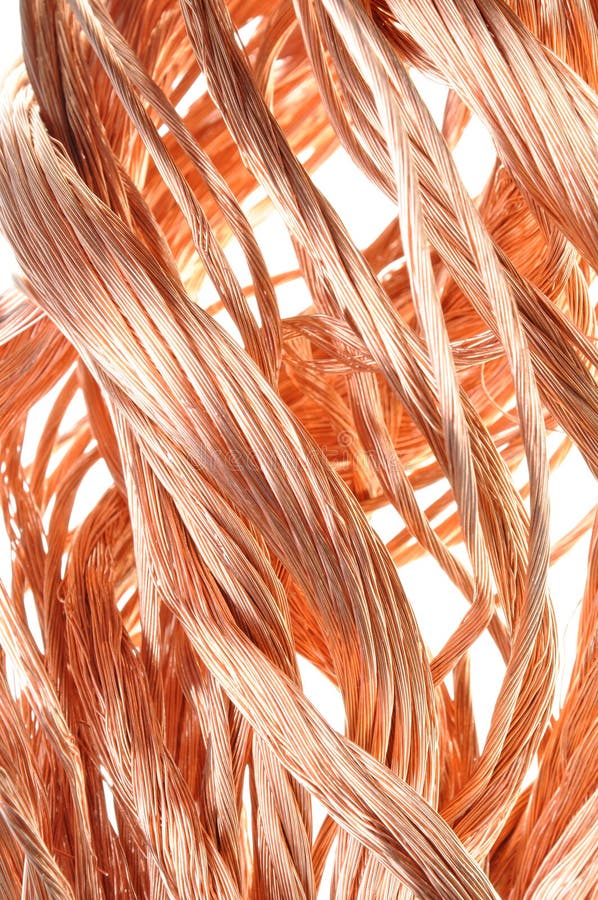

/105781528-56a613de5f9b58b7d0dfcc50.jpg)




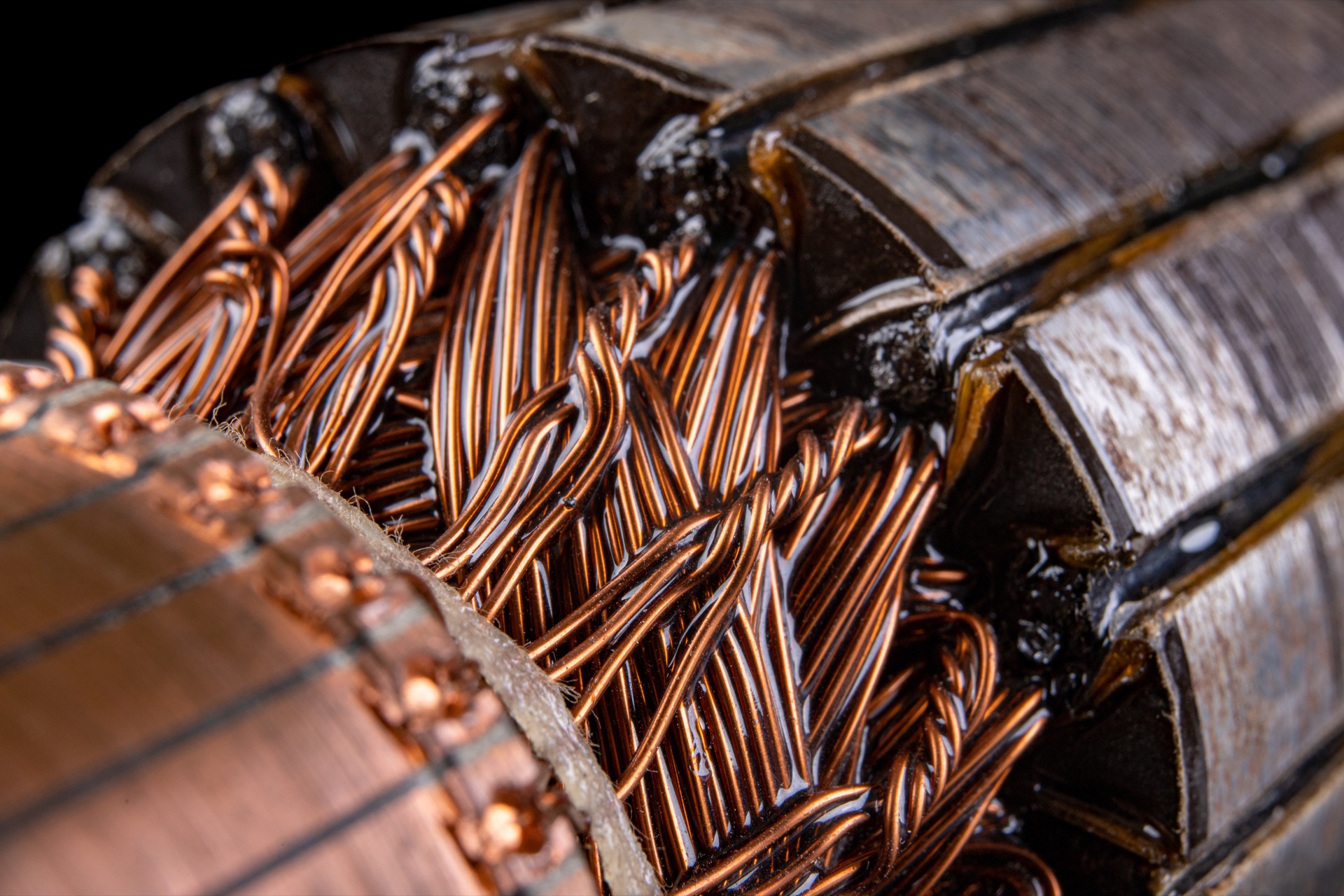
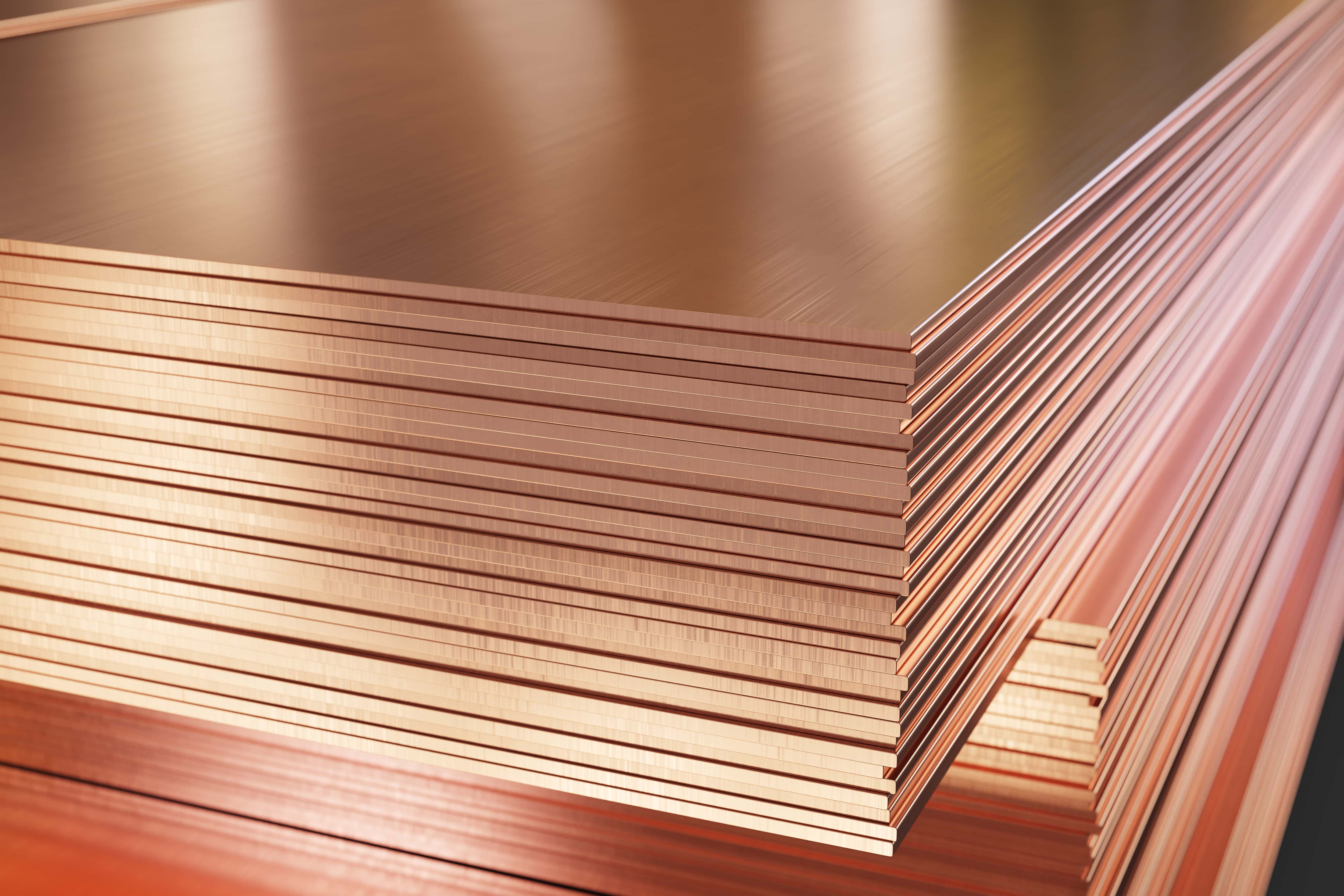


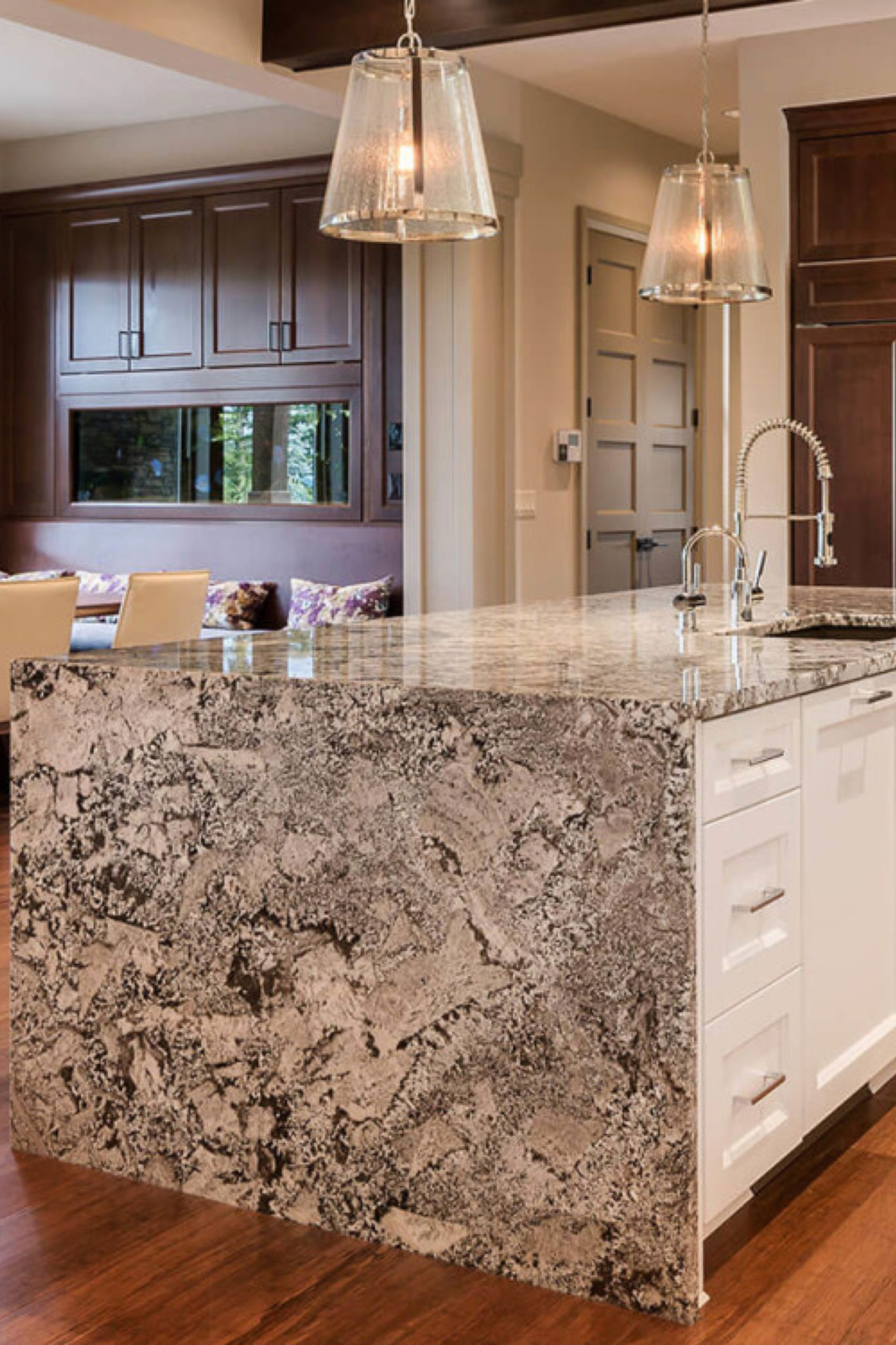
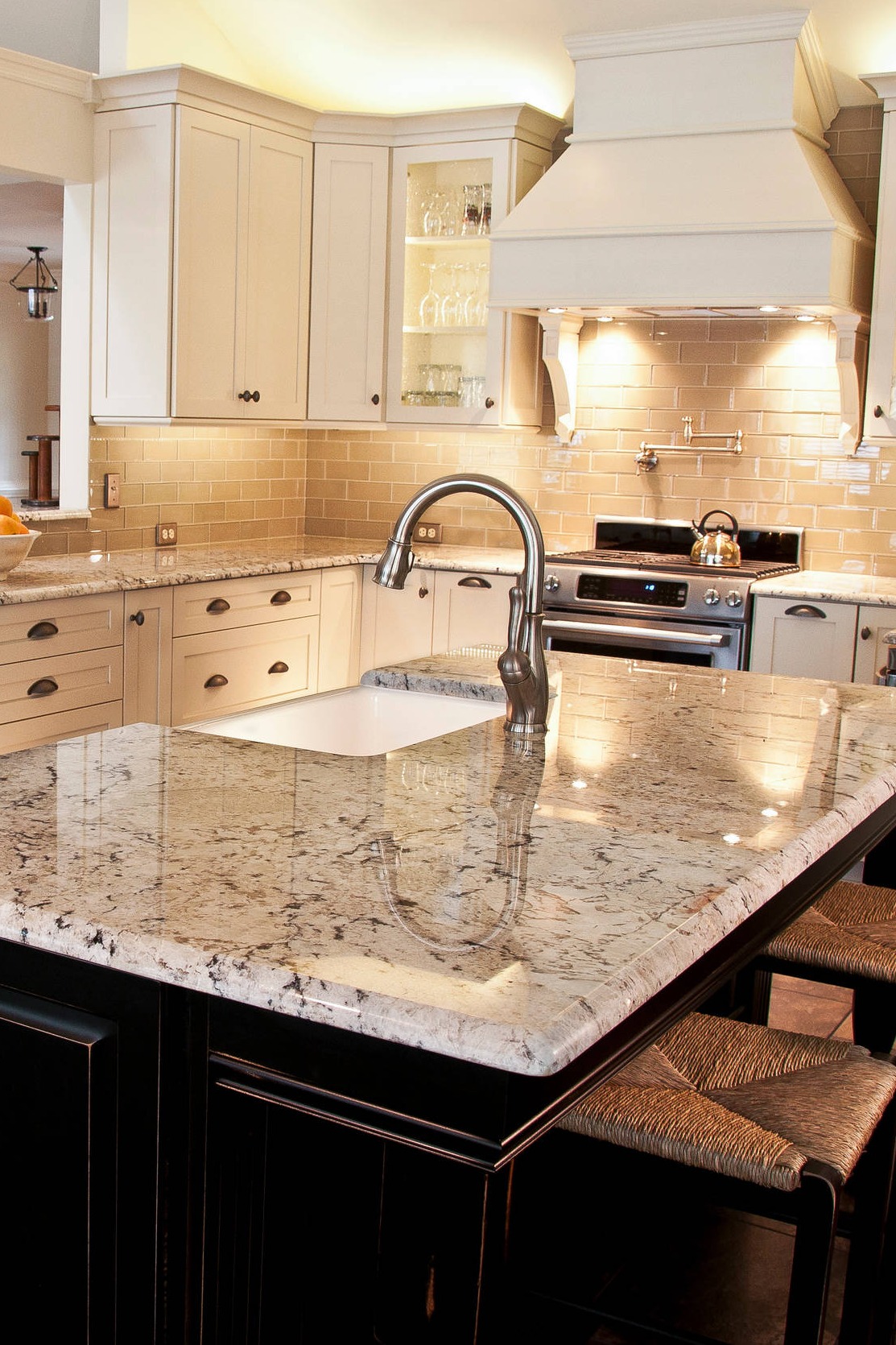

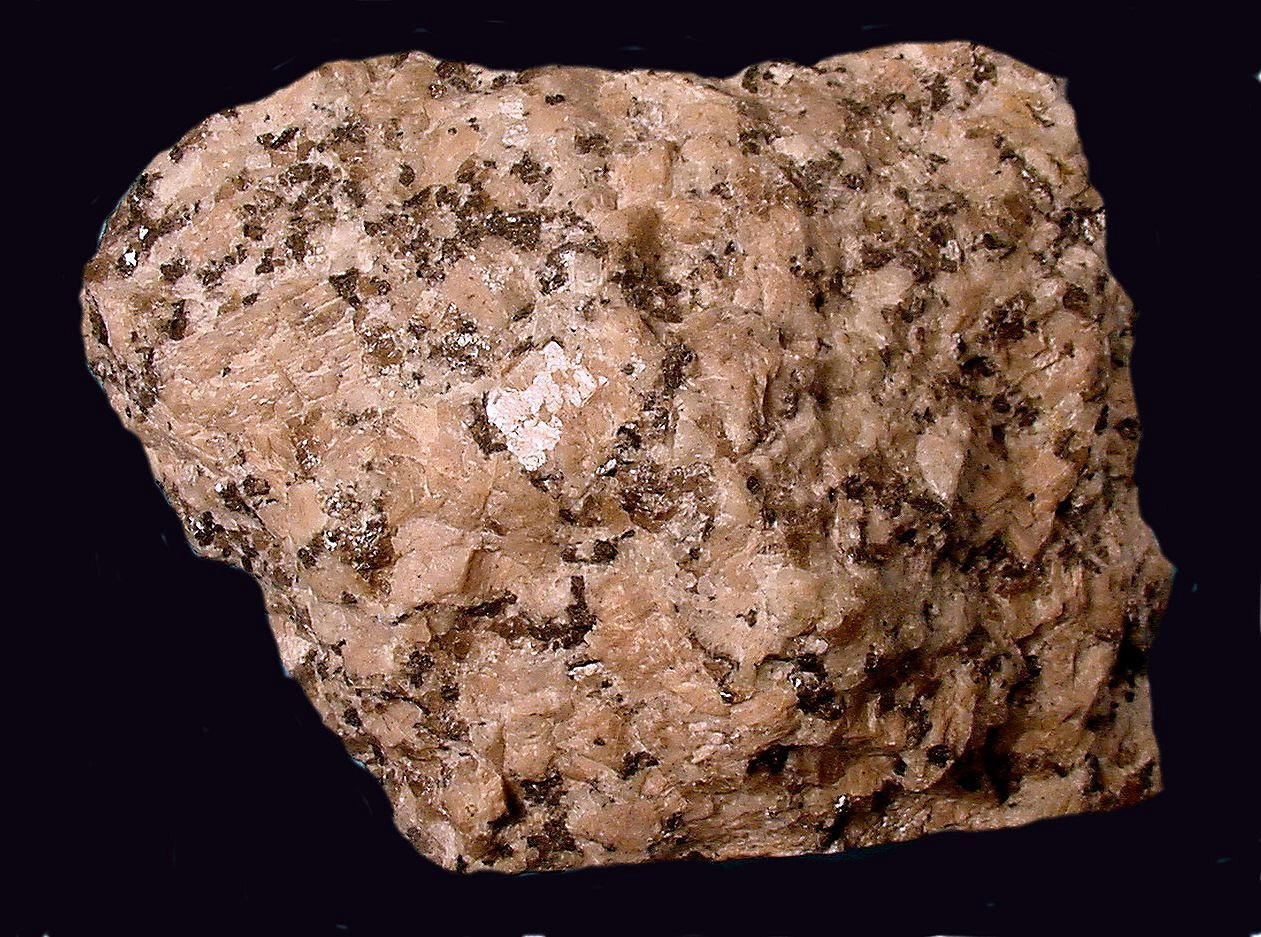


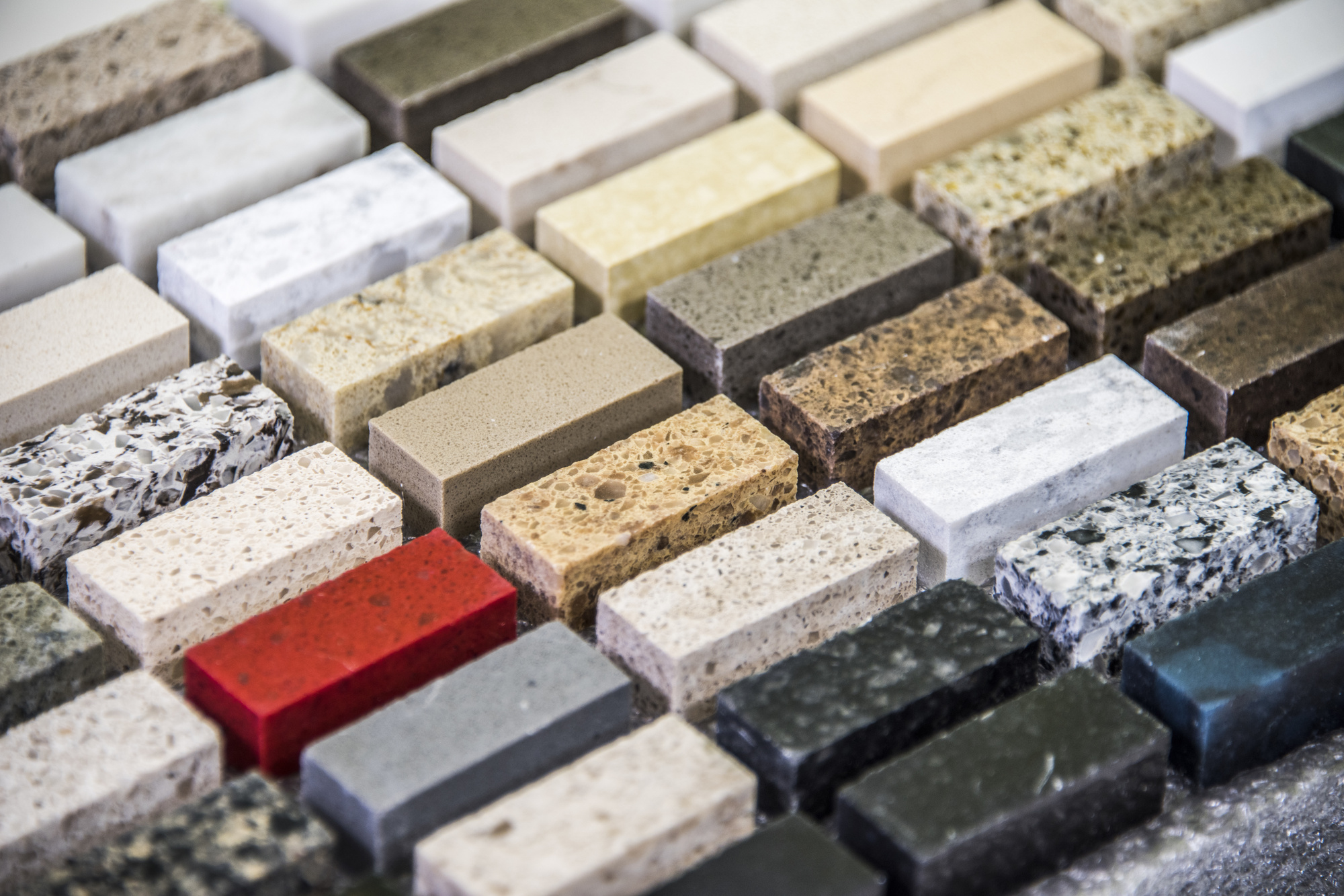

/Granite-Countertop-58c568523df78c353cfebca3.jpg)
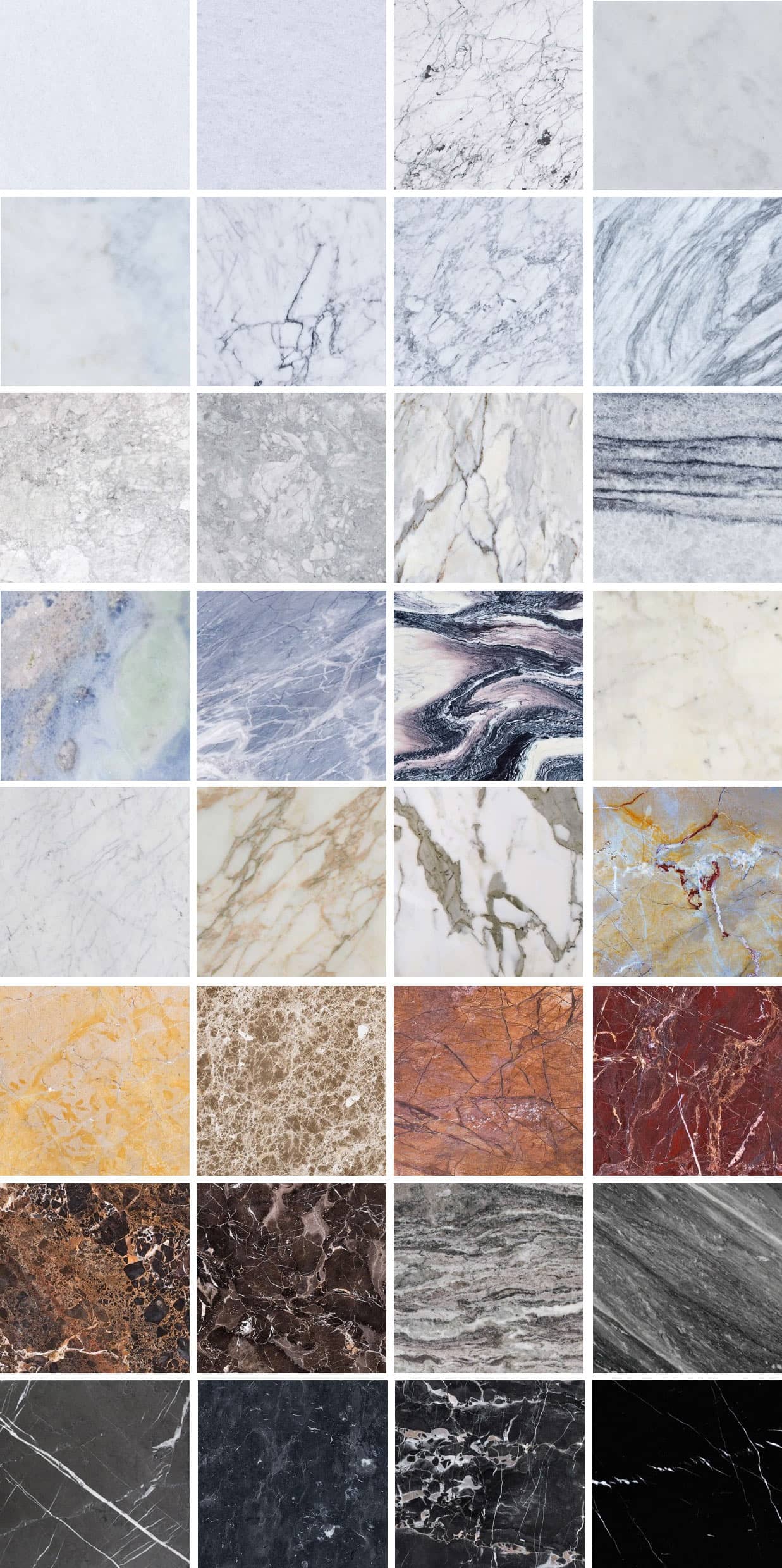


/marble-941374788-5b16eaa4fa6bcc00369692c7.jpg)



